Level 34 - Vocab in Context
44 Lessons
1
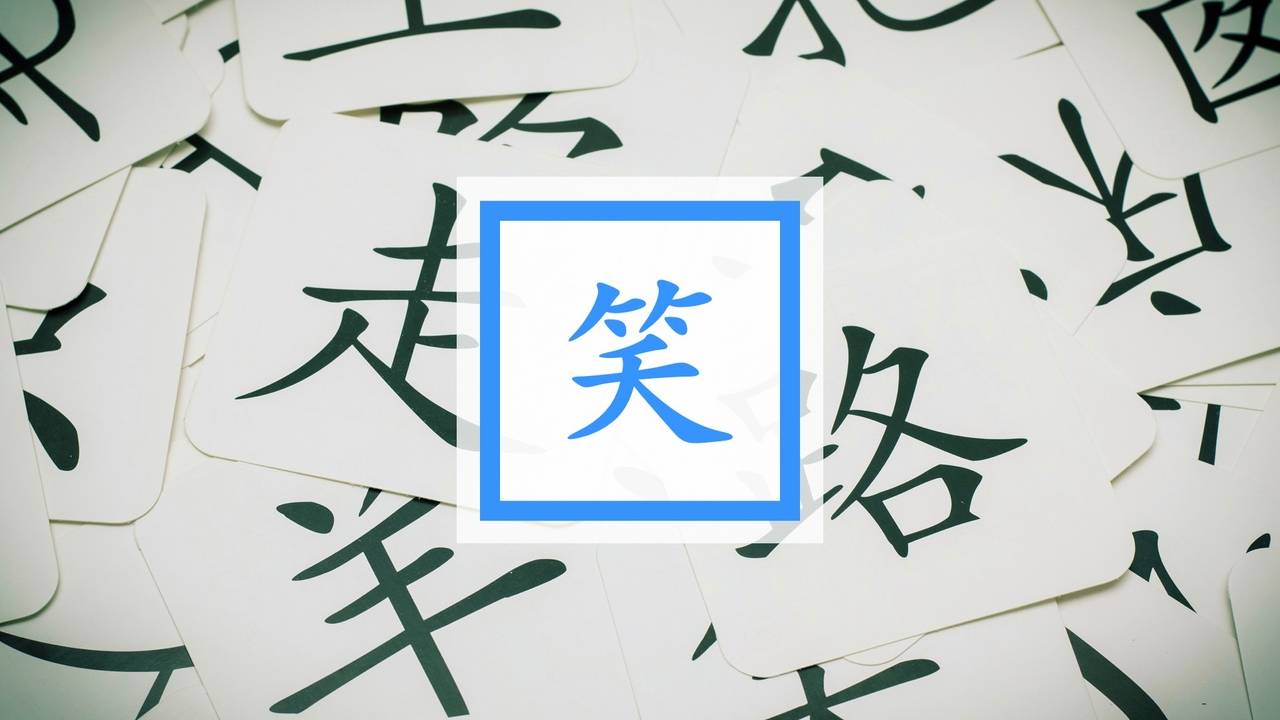
笑 in Context
2
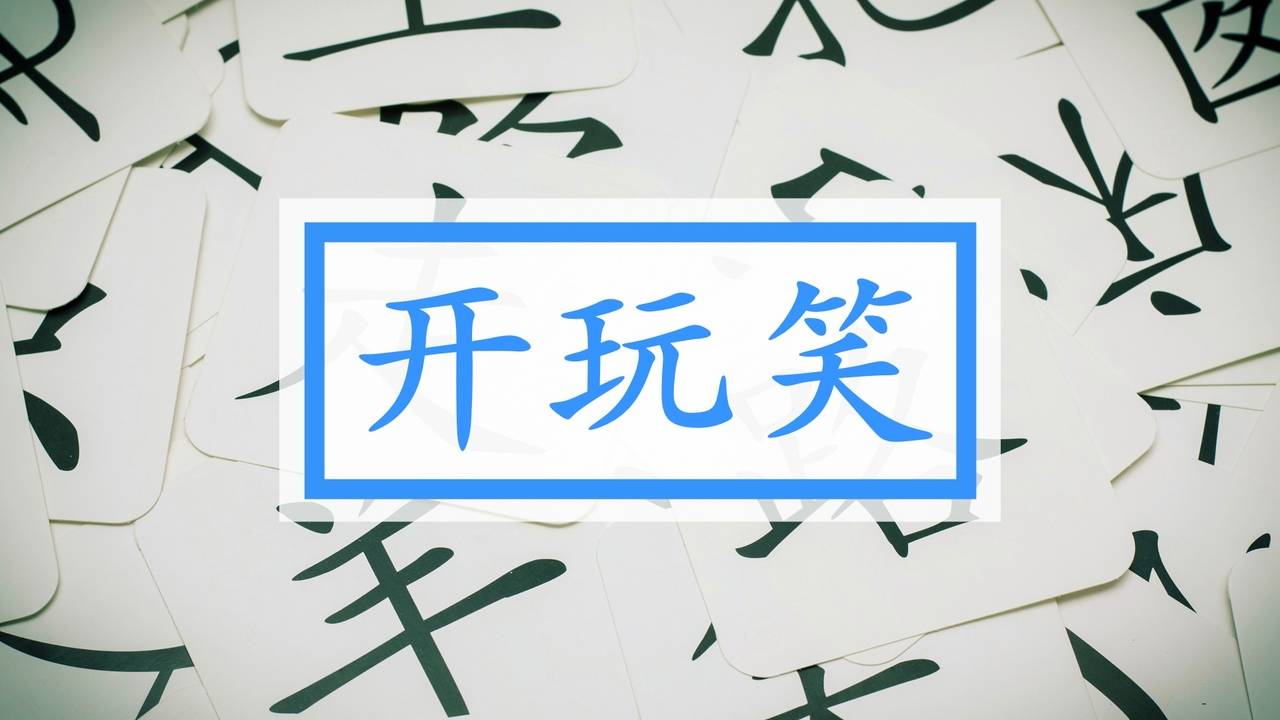
开玩笑 in Context
3
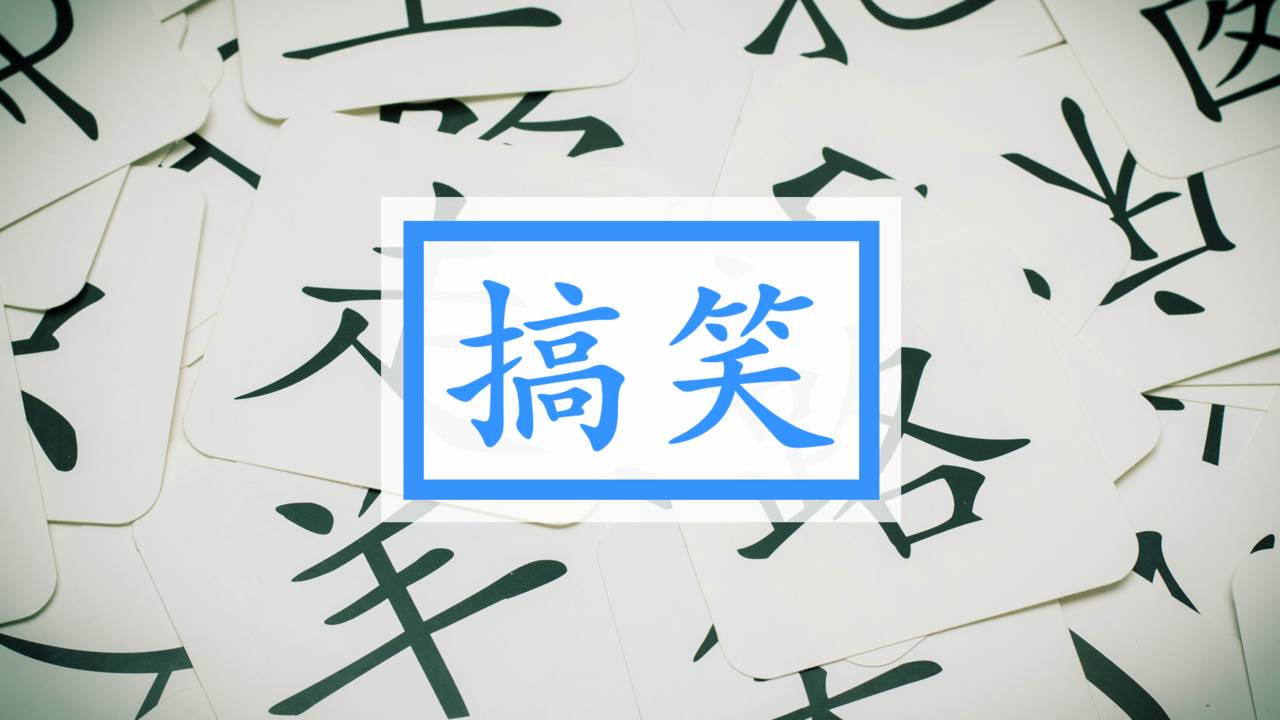
搞笑 in Context
4
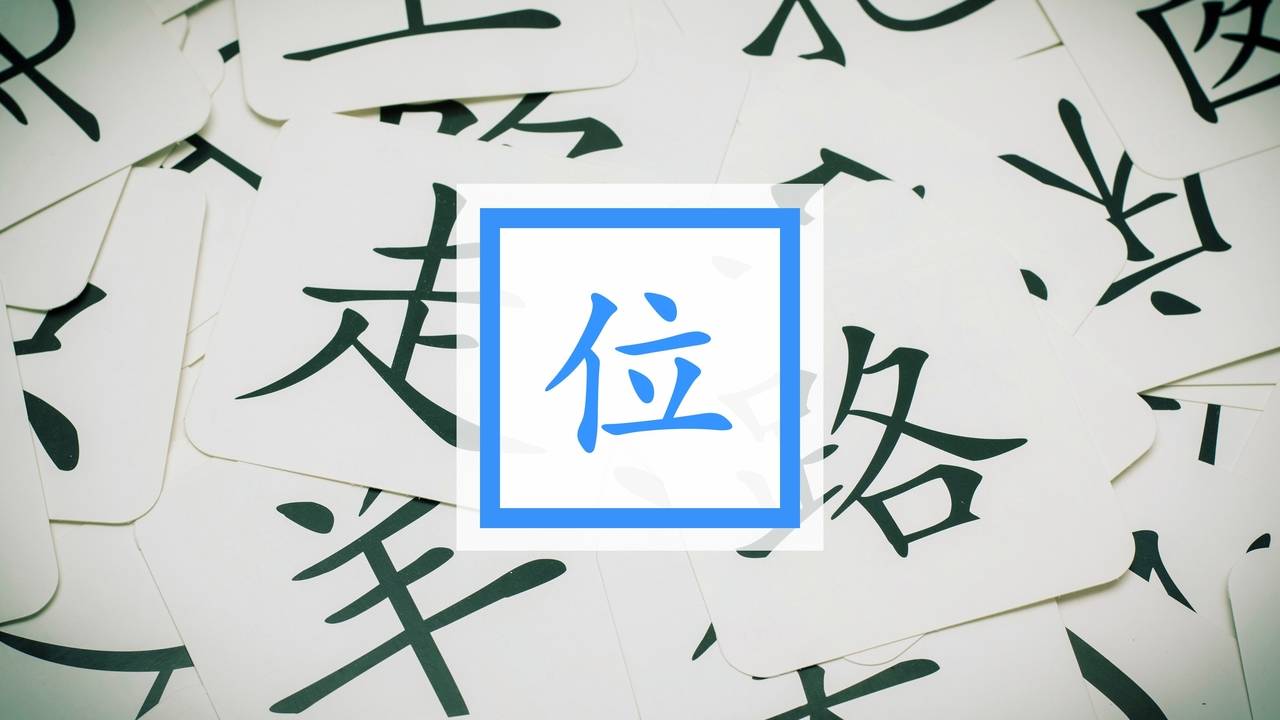
位 in Context
5
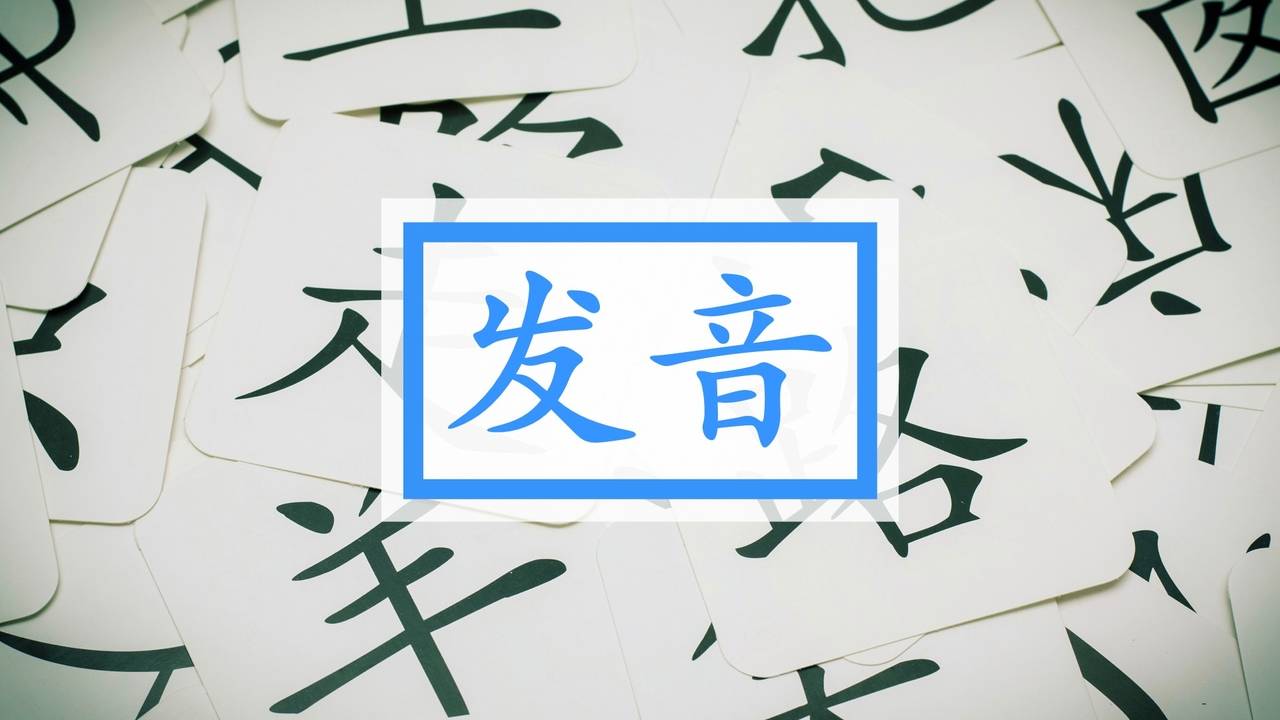
发音 in Context
6
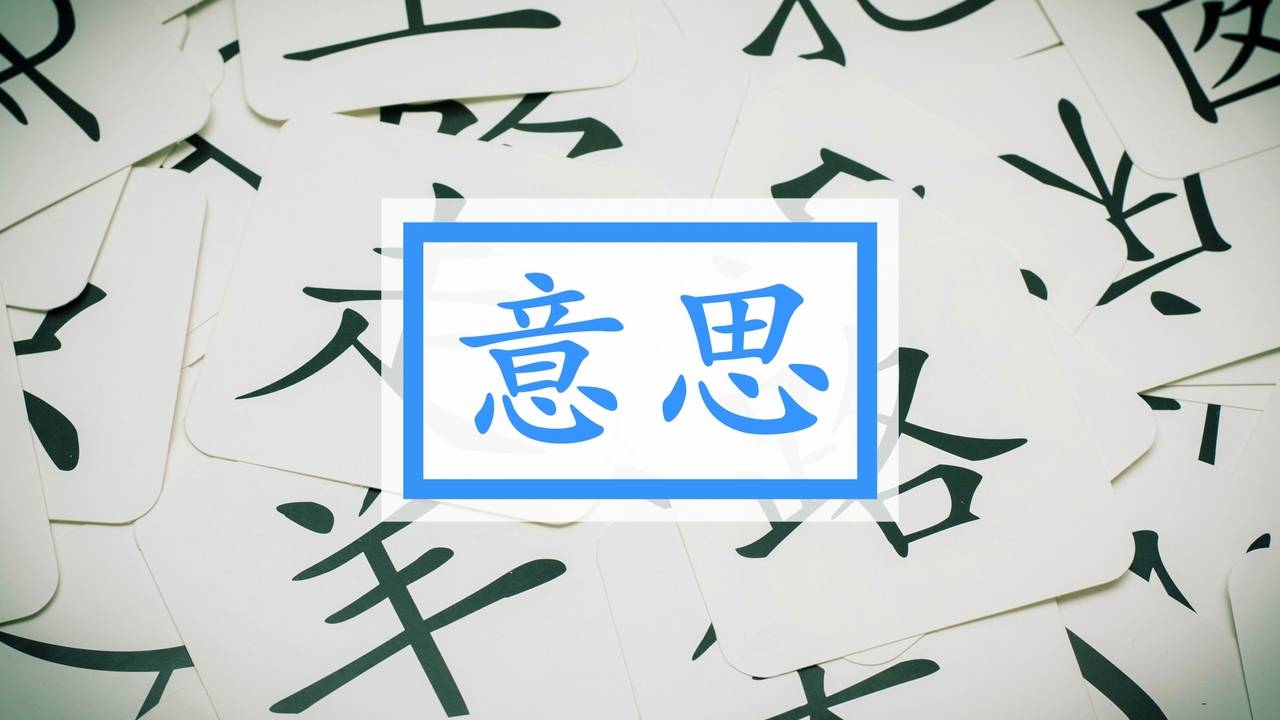
意思 in Context
7
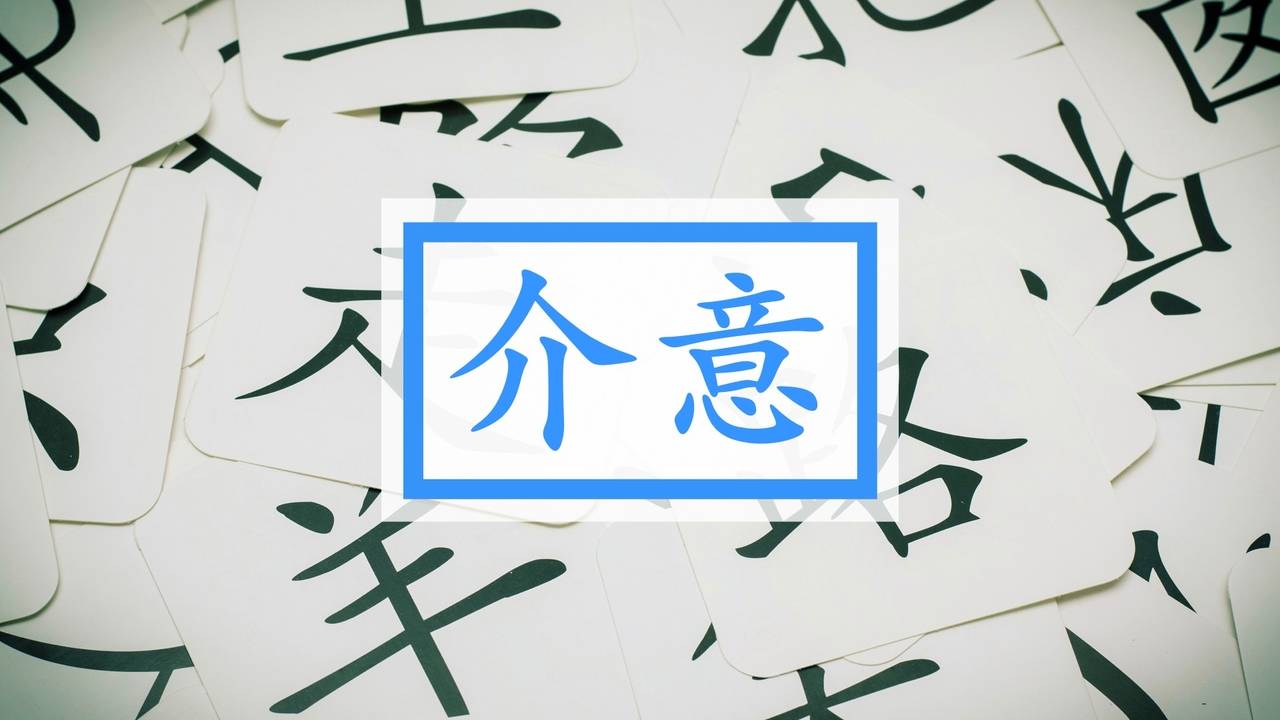
介意 in Context
8
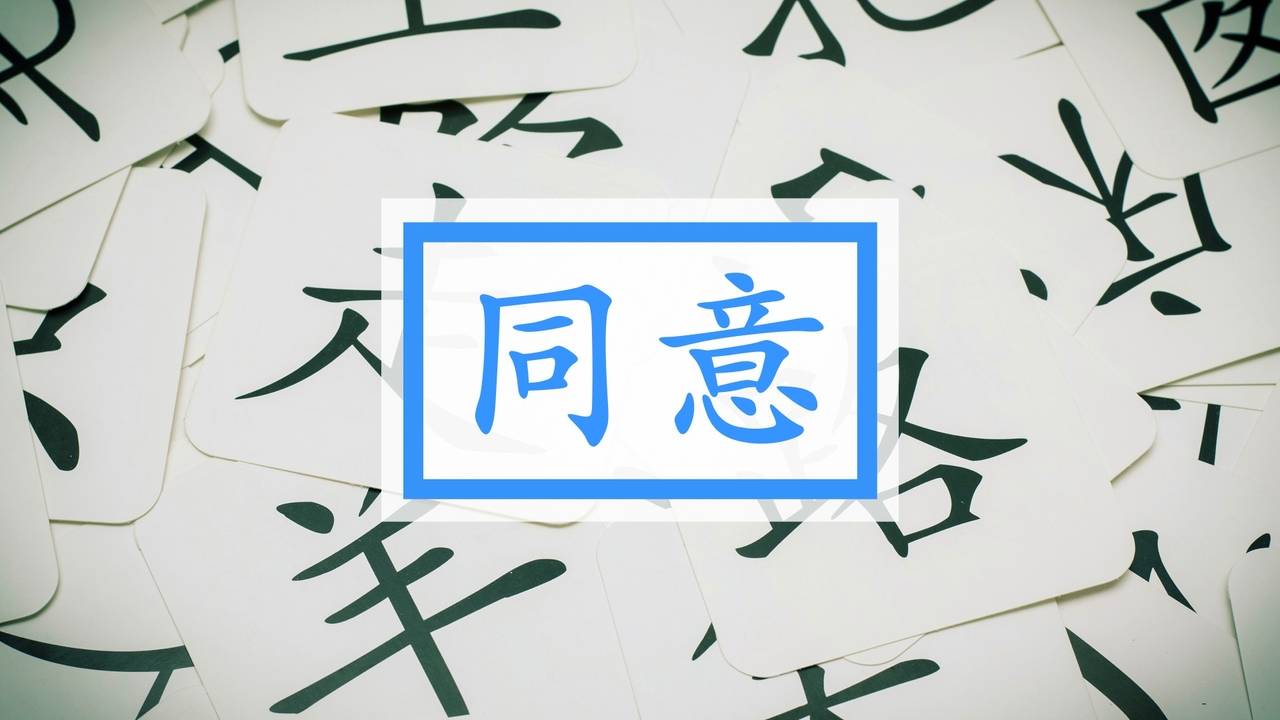
同意 in Context
9
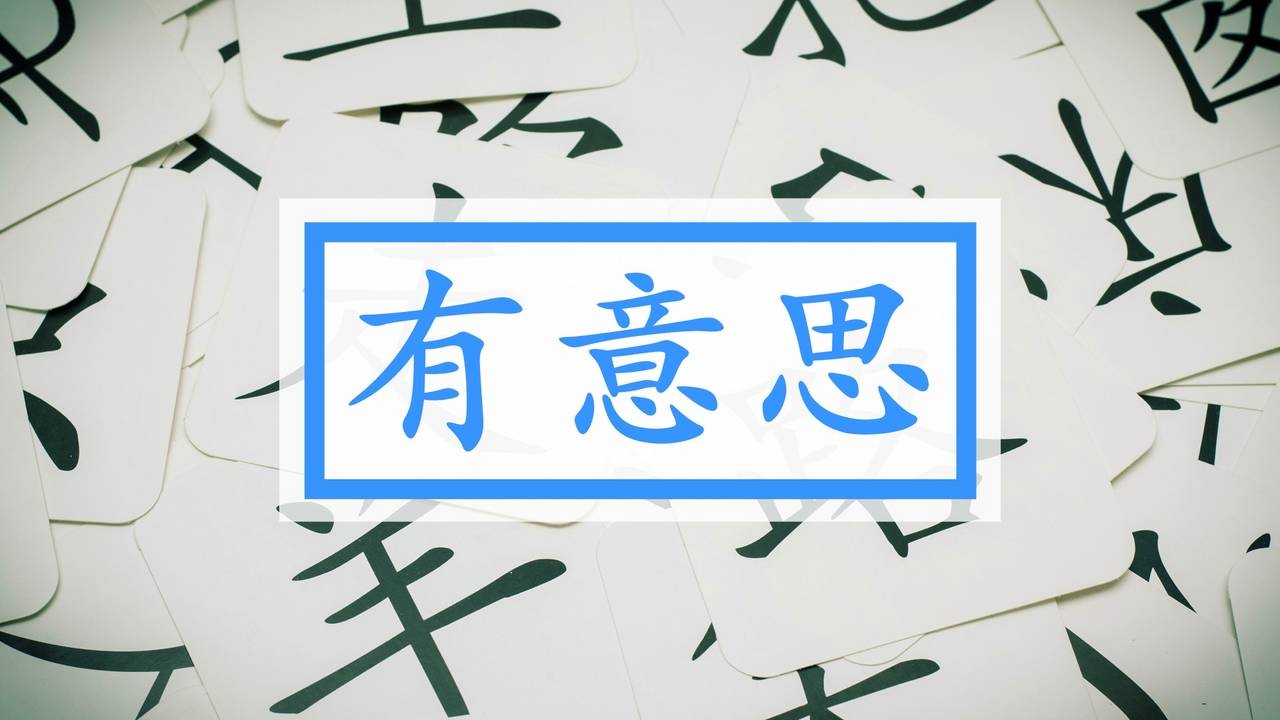
有意思 in Context
10
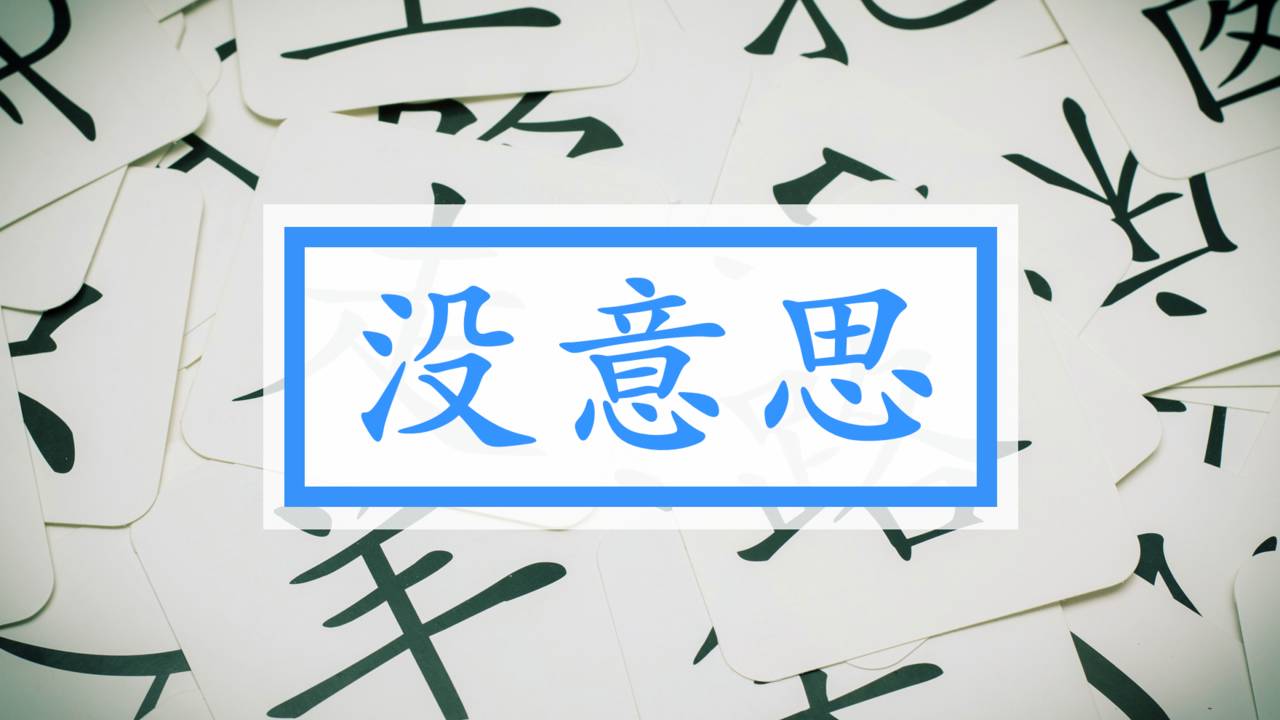
没意思 in Context
11
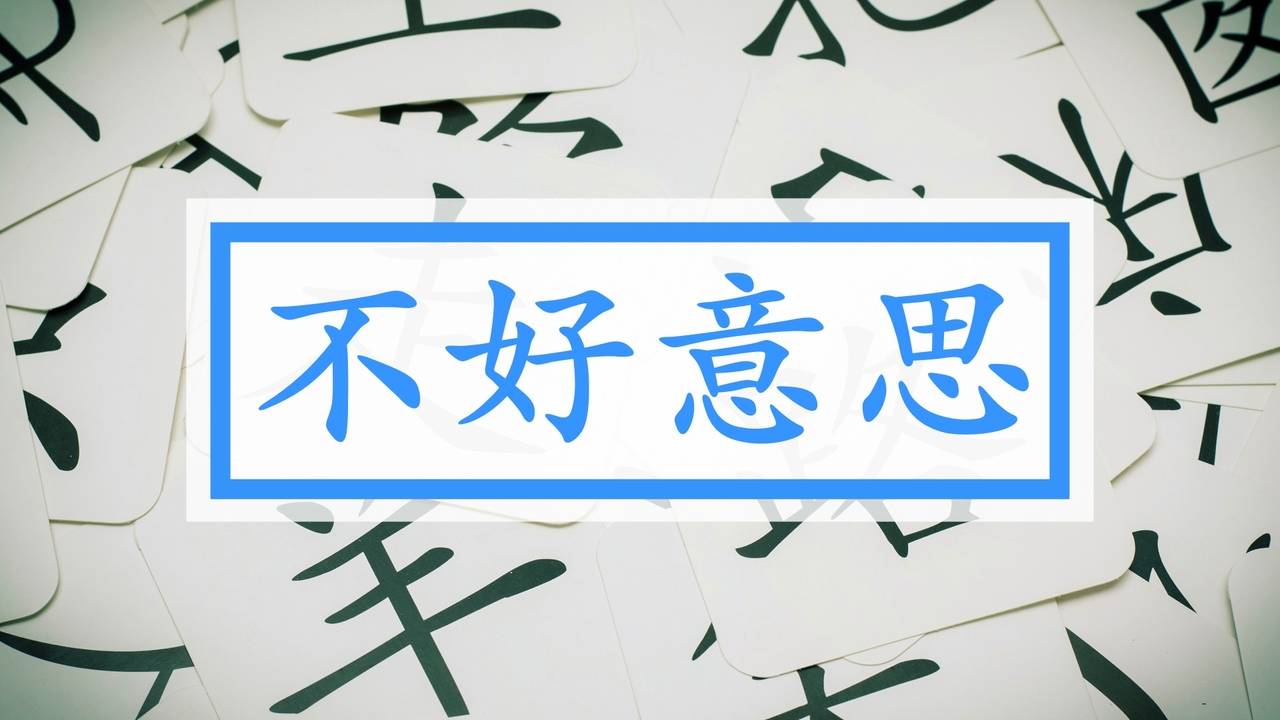
不好意思 in Context
12
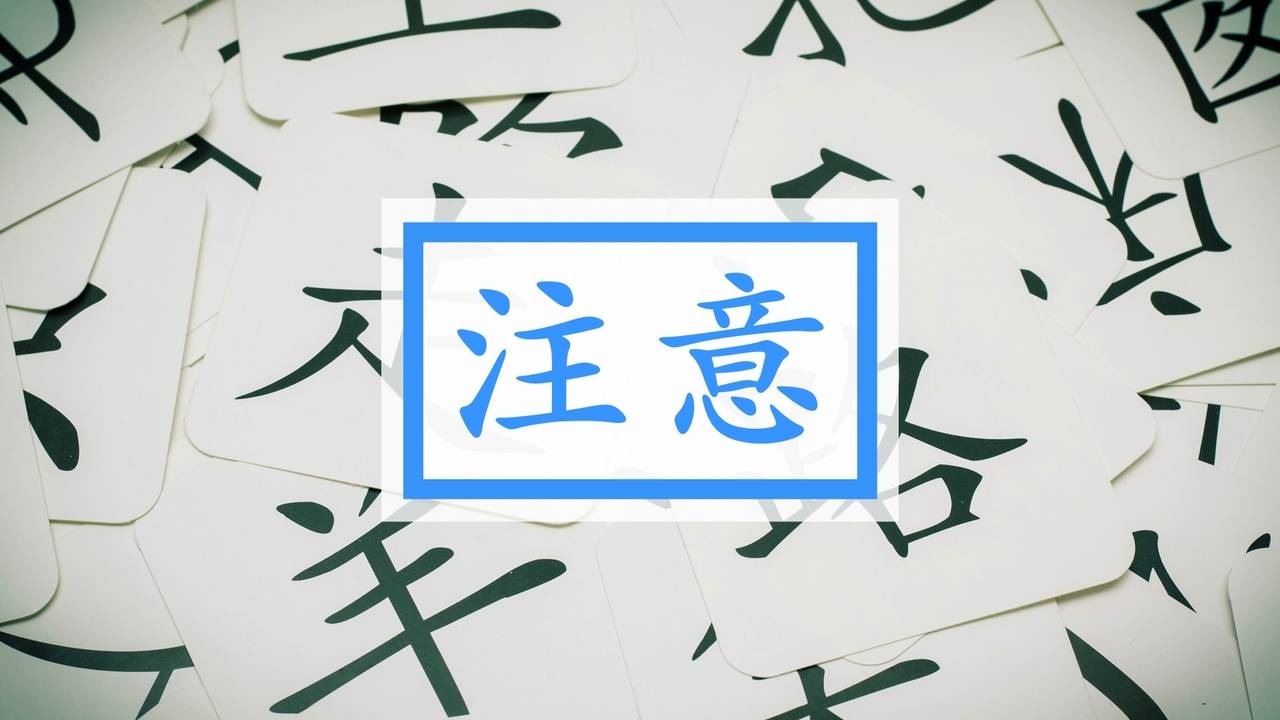
注意 in Context
13
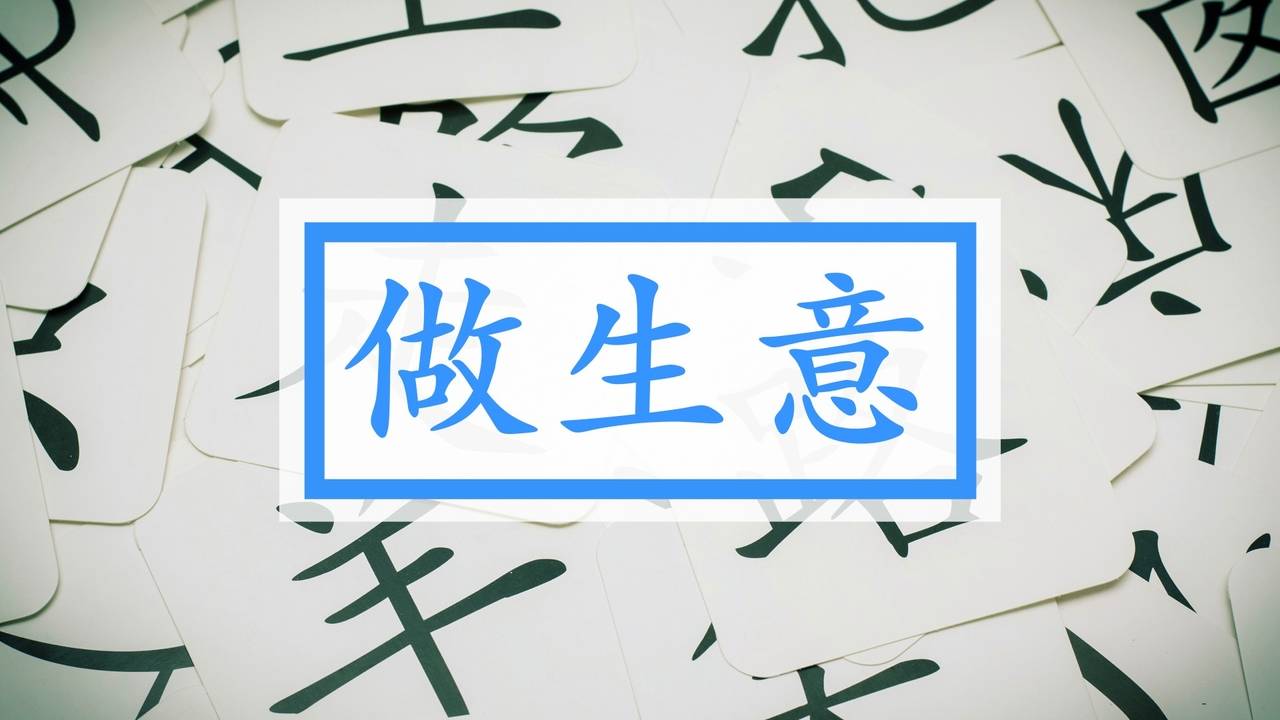
做生意 in Context
14
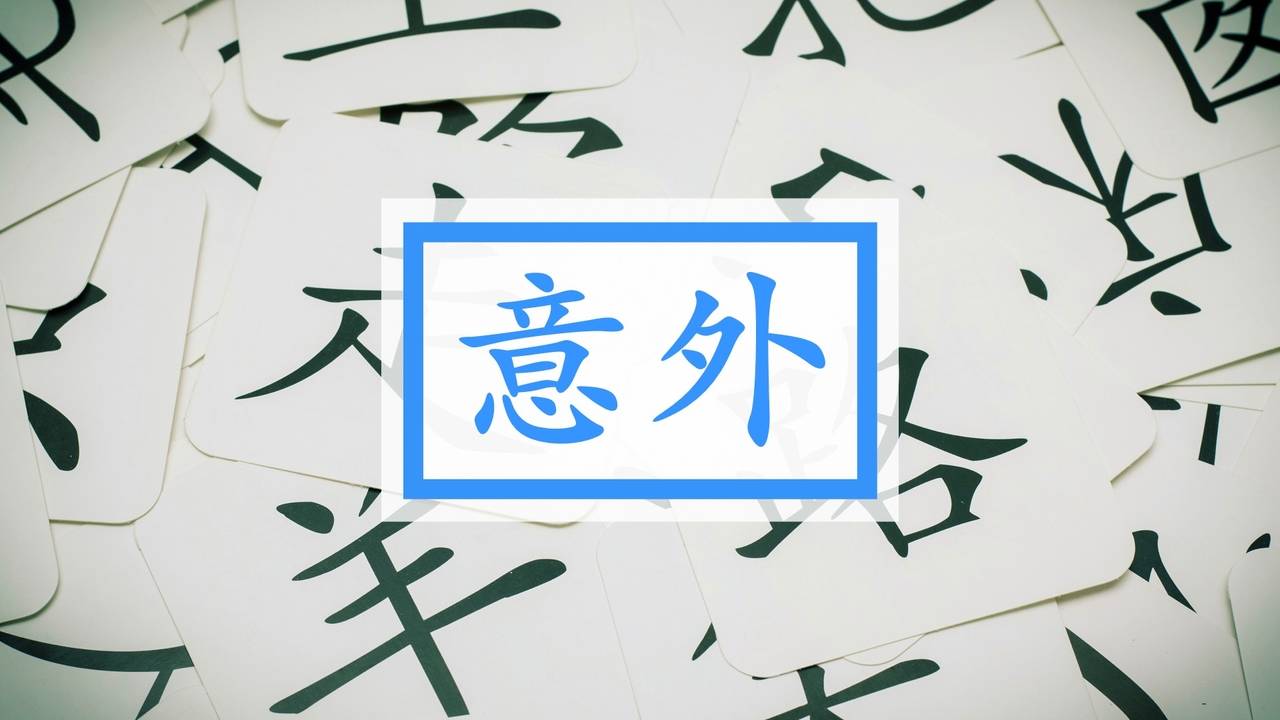
意外 in Context
15
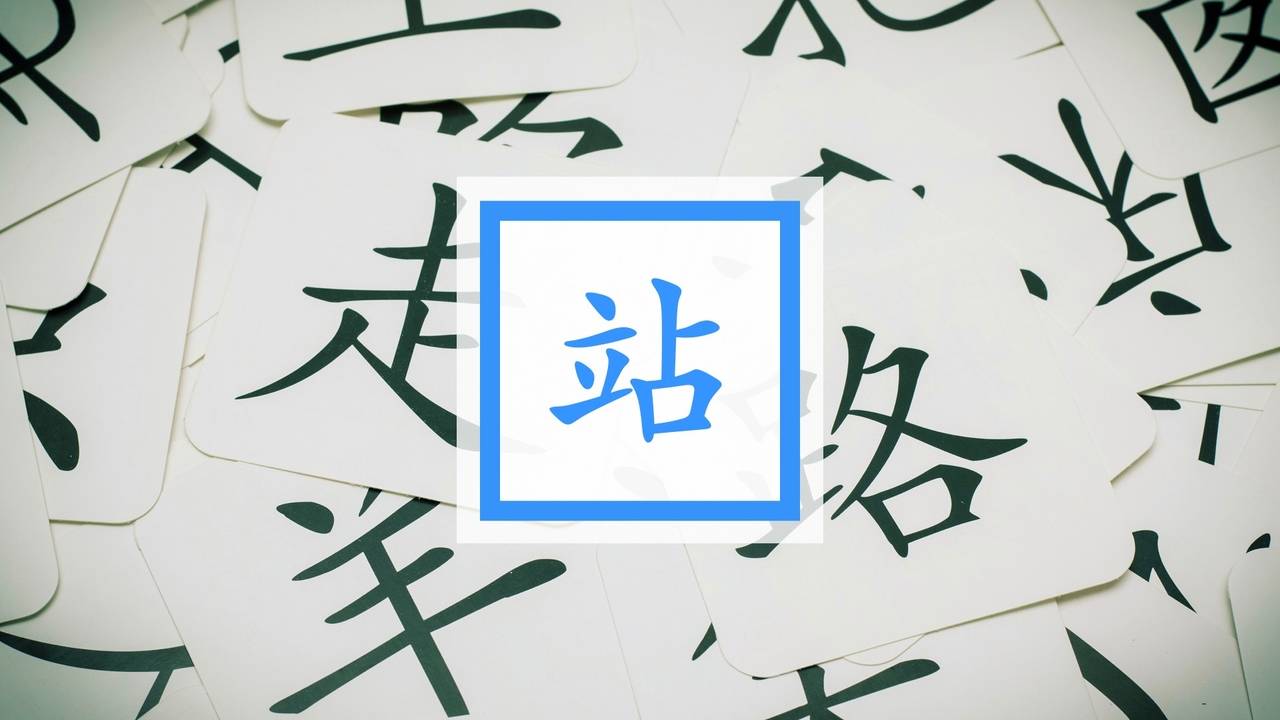
站 in Context
16
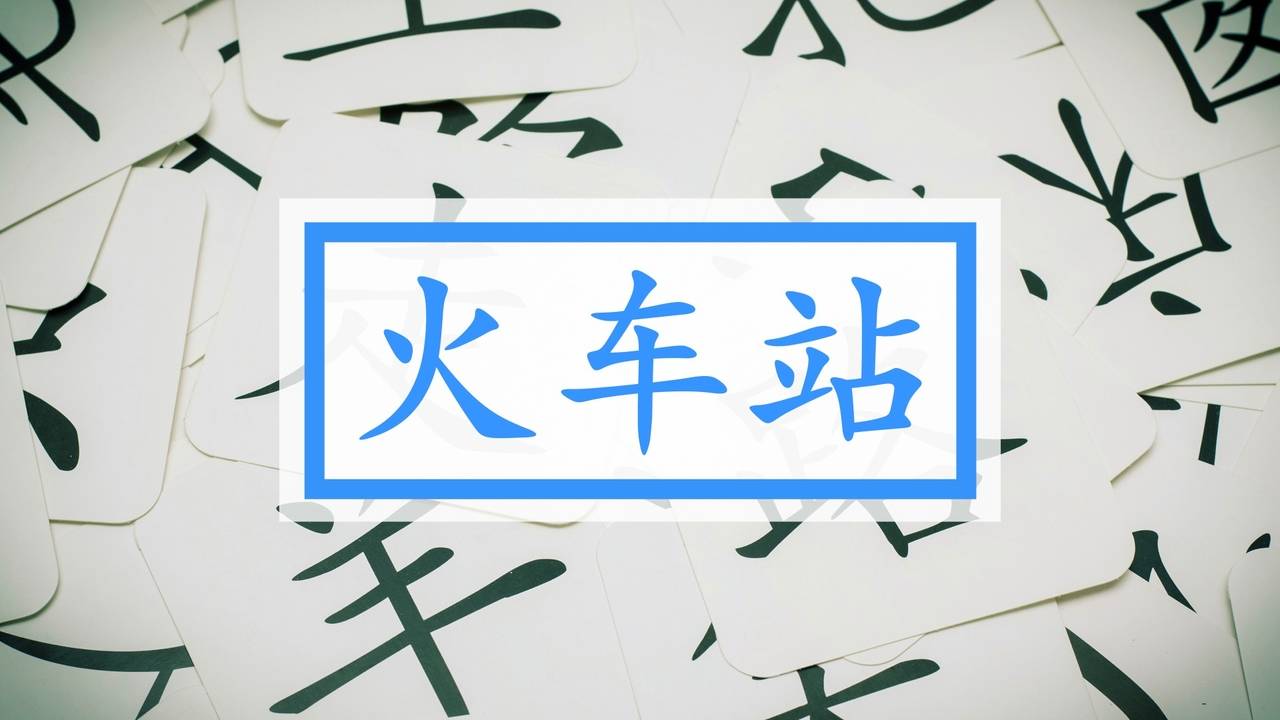
火车站 in Context
17
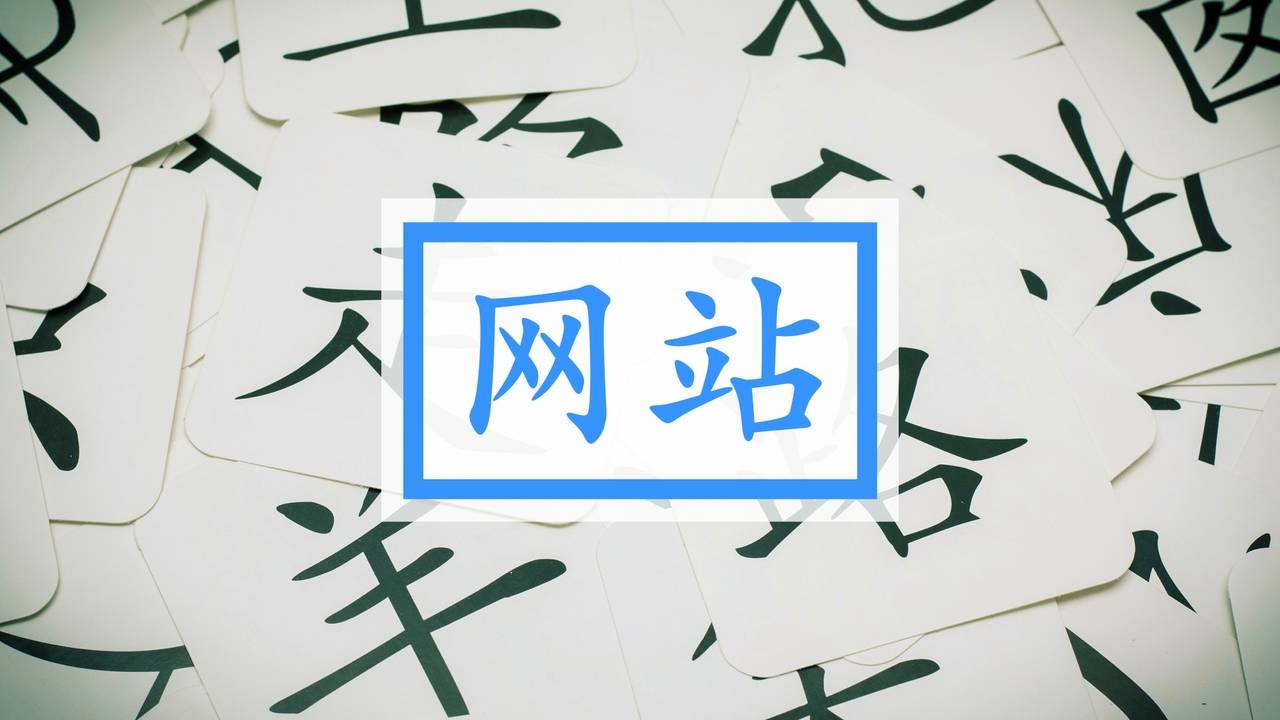
网站 in Context
18
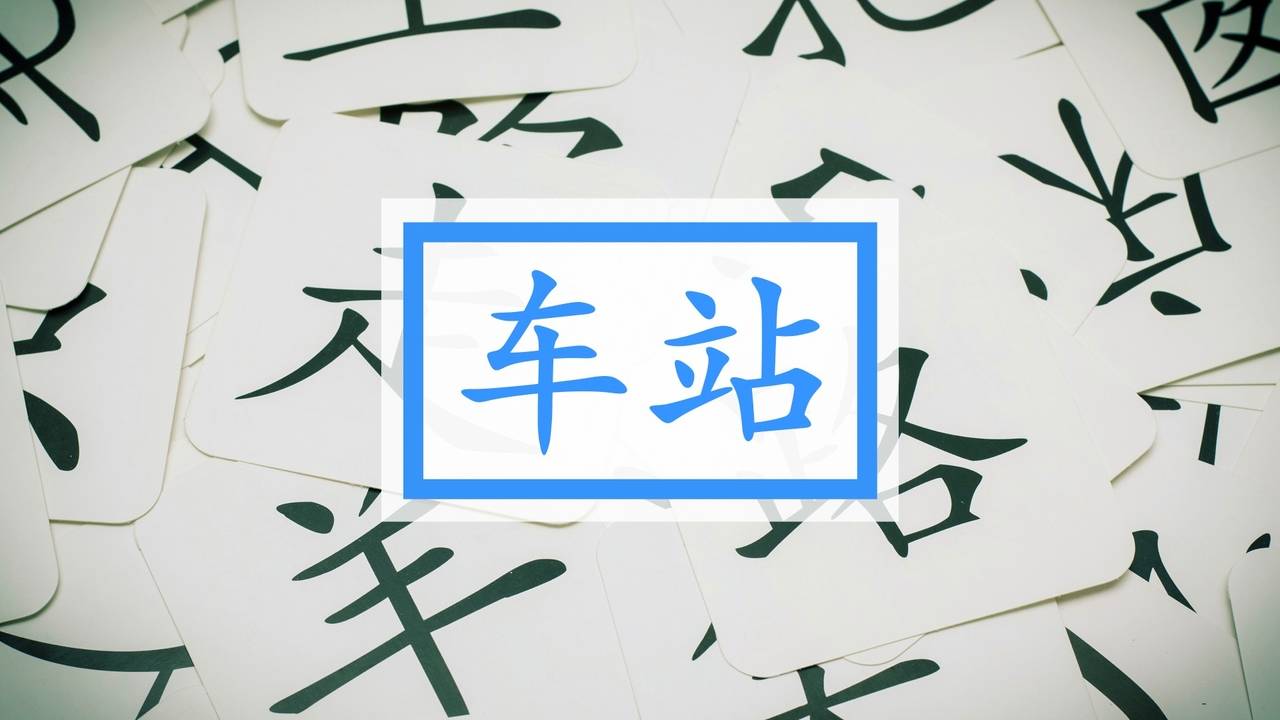
车站 in Context
19
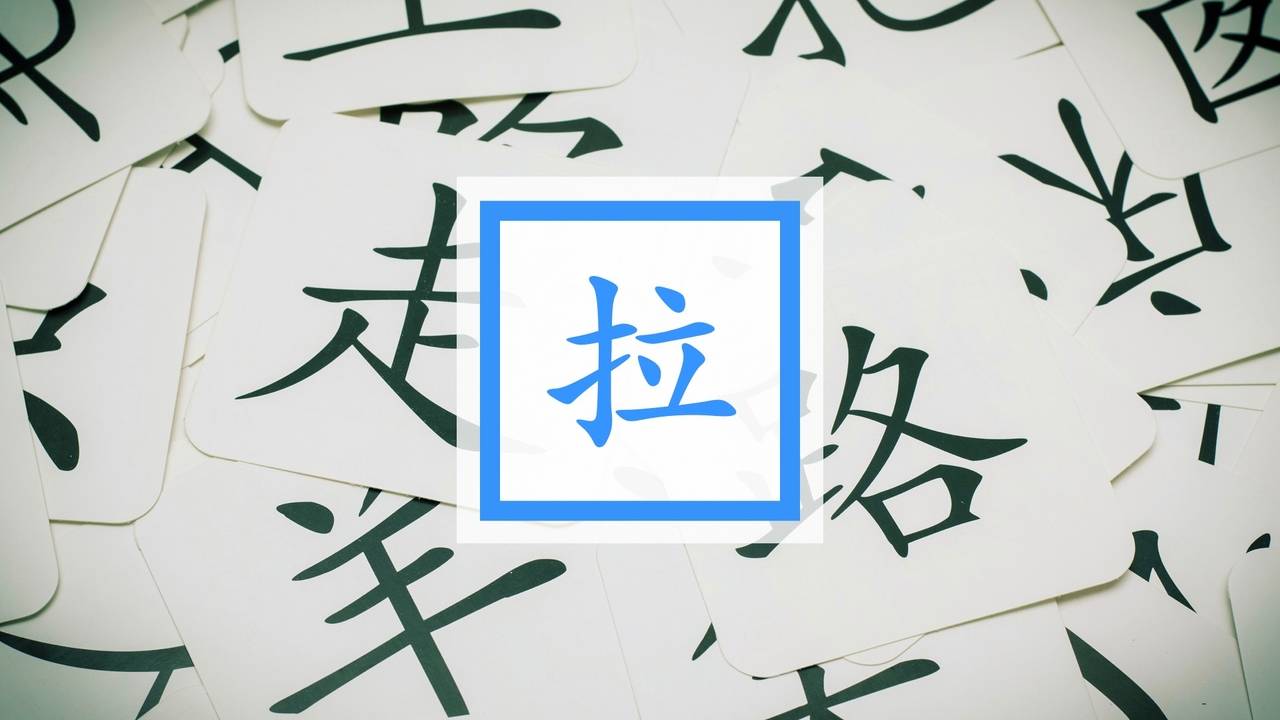
拉 in Context
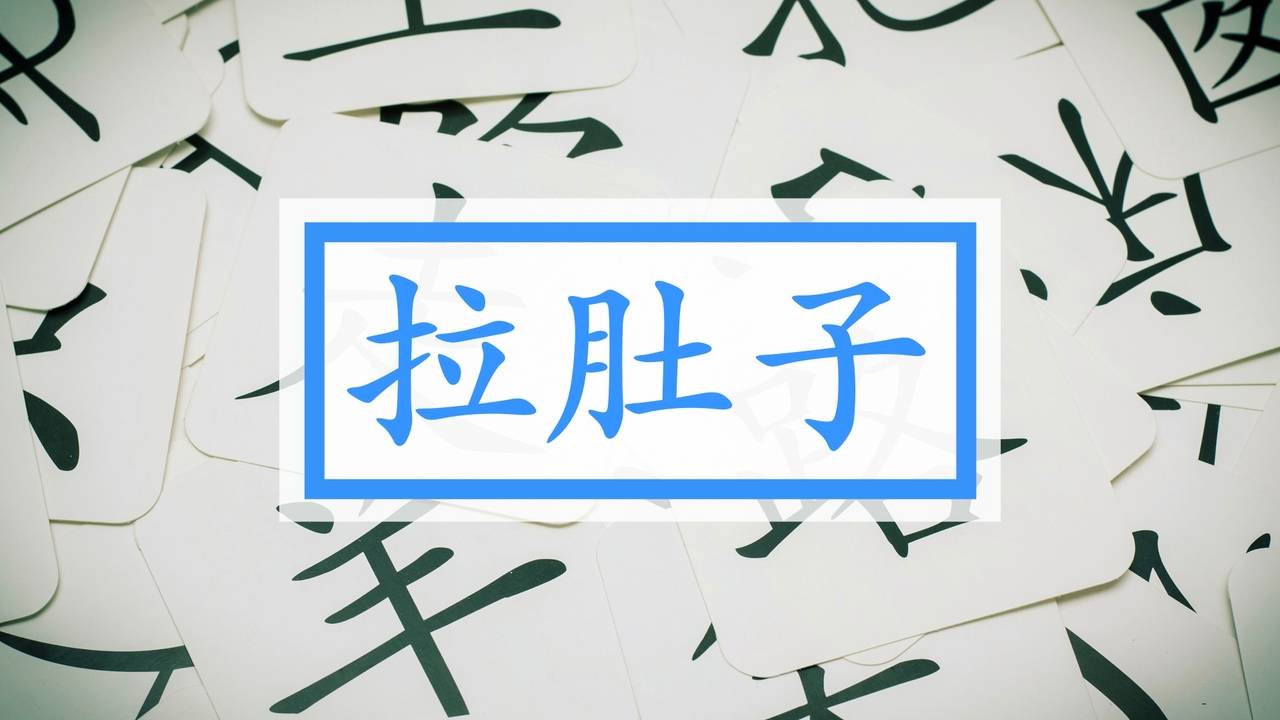
拉肚子 in Context
21
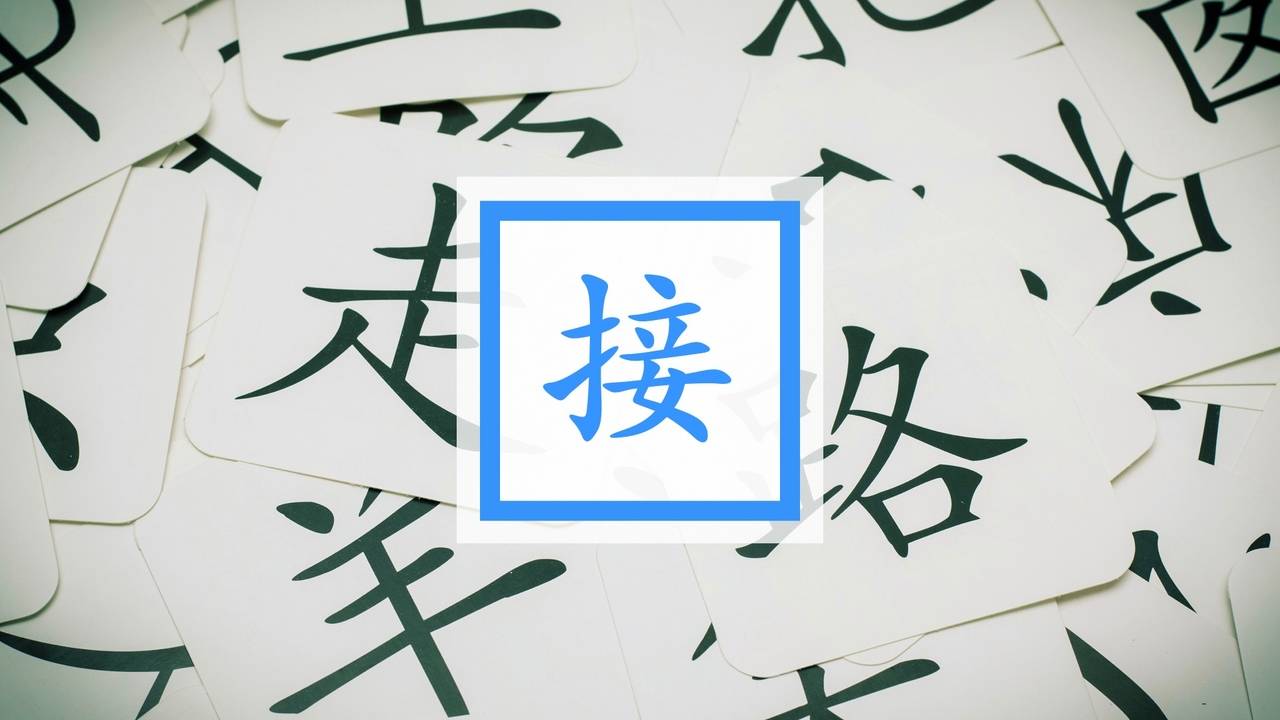
接 in Context
22
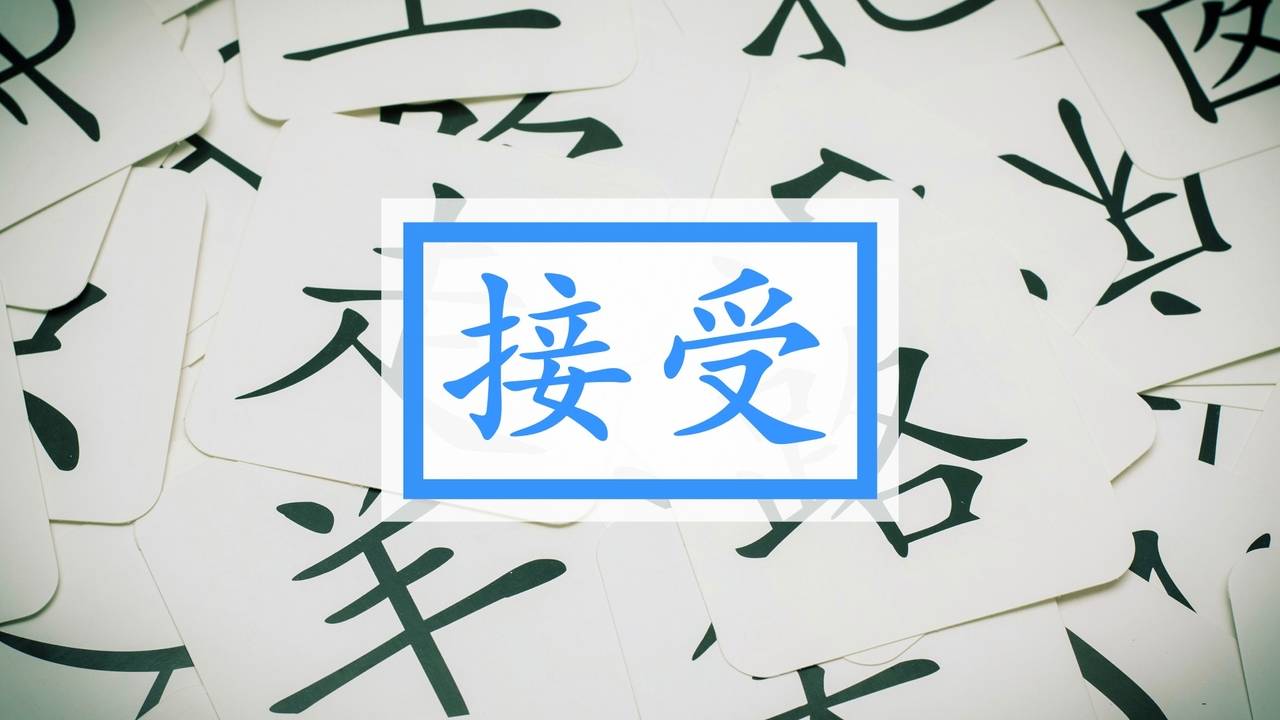
接受 in Context
23
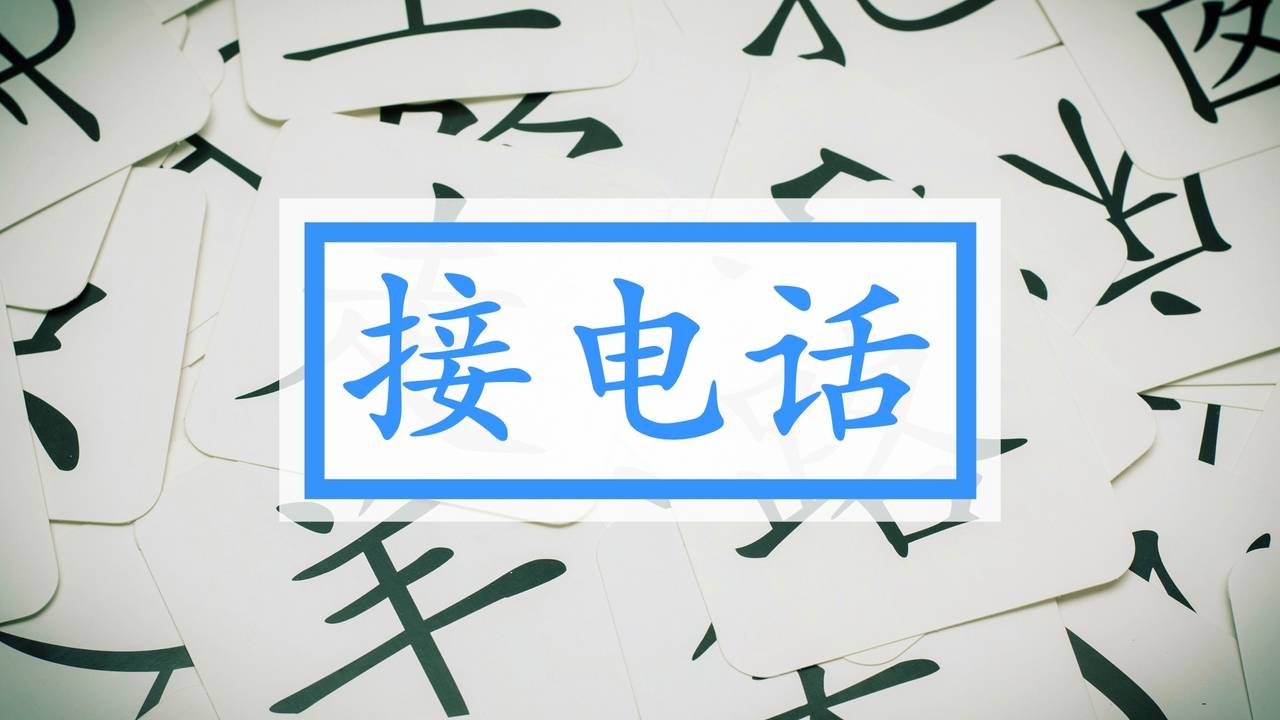
接电话 in Context
24
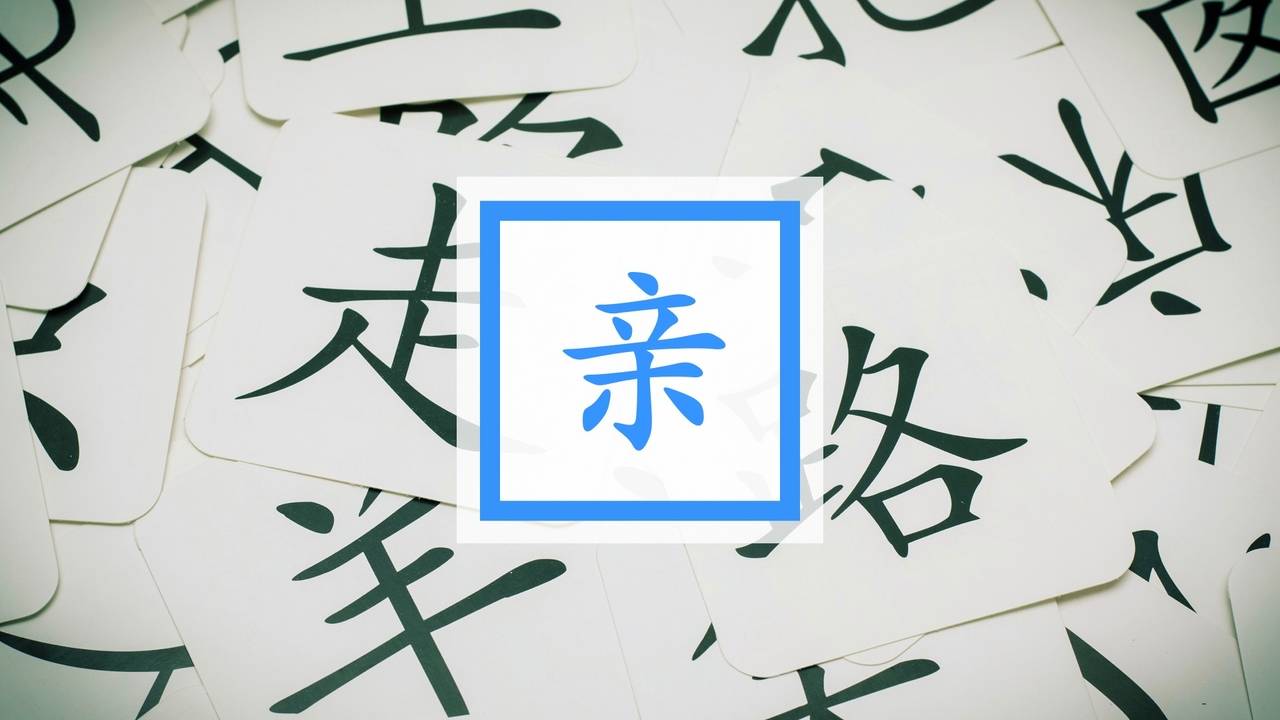
亲 in Context
25
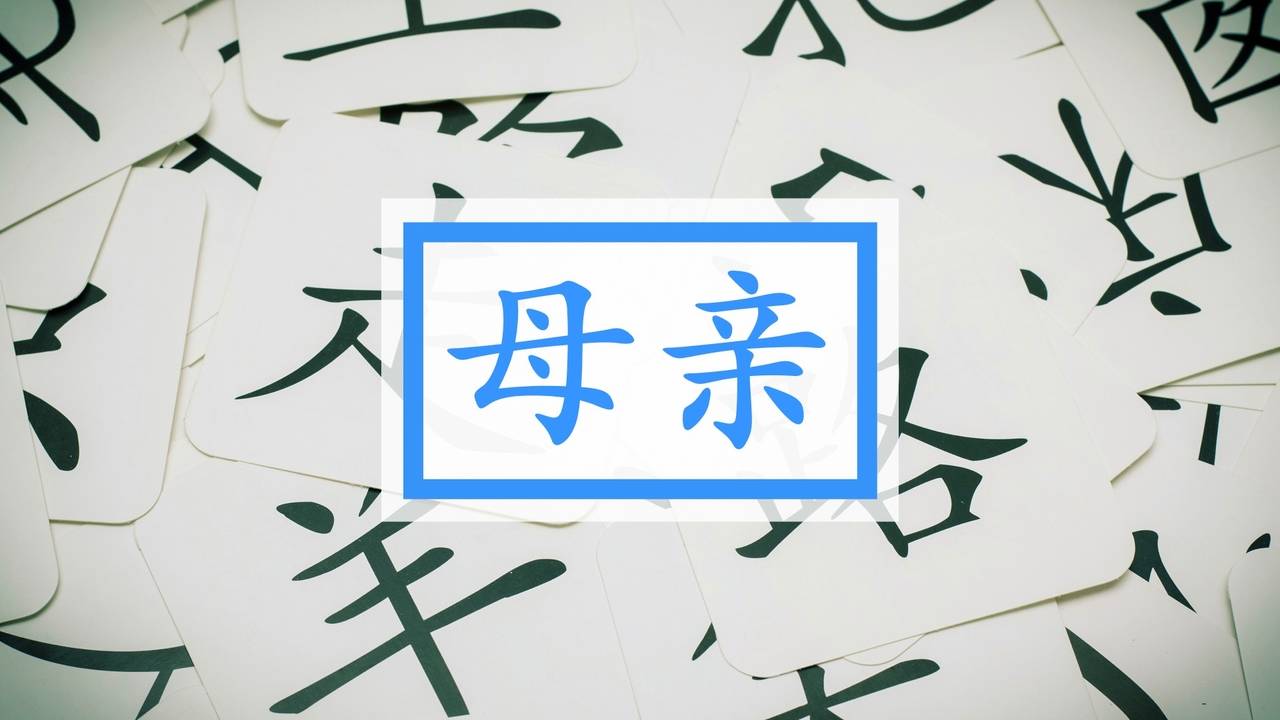
母亲 in Context
26
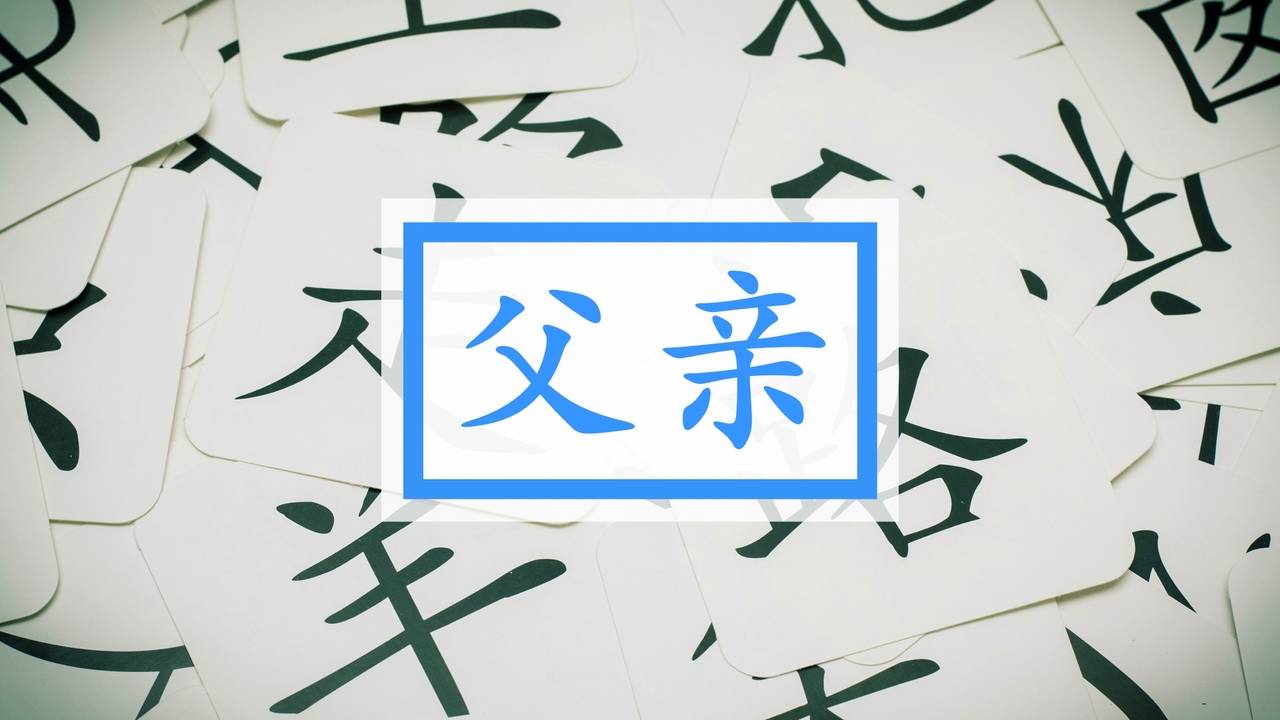
父亲 in Context
27
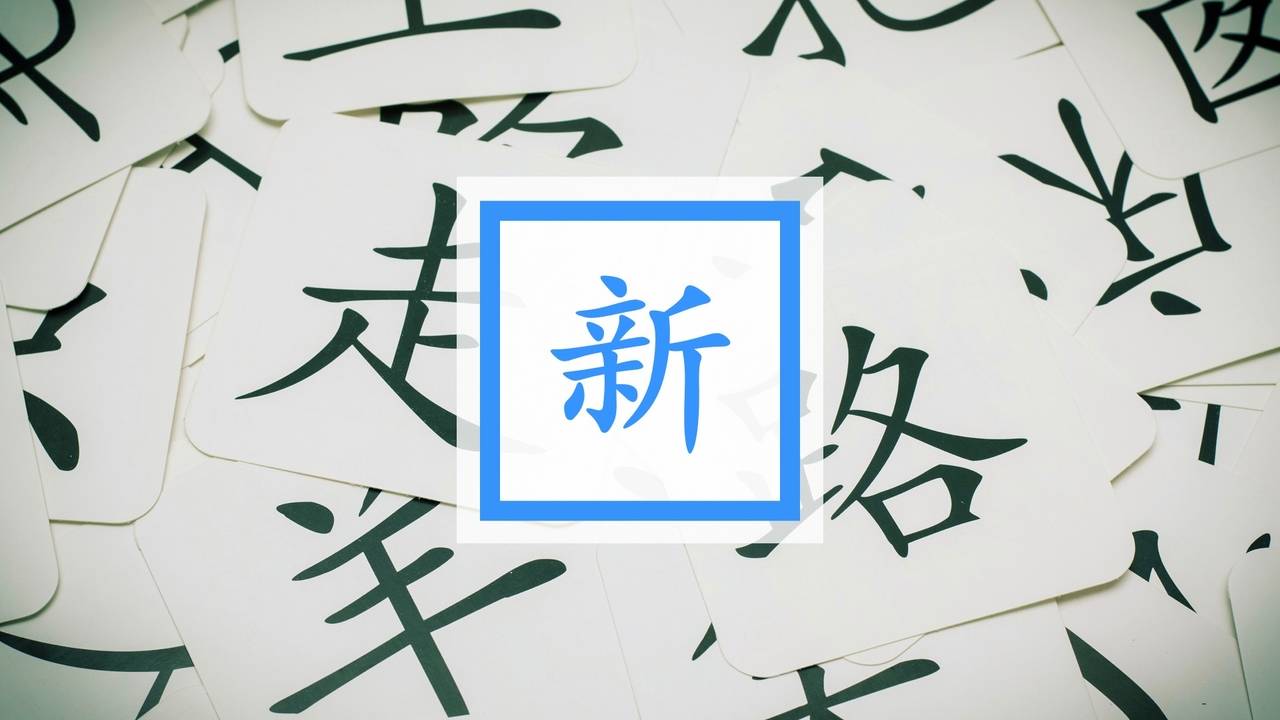
新 in Context
28
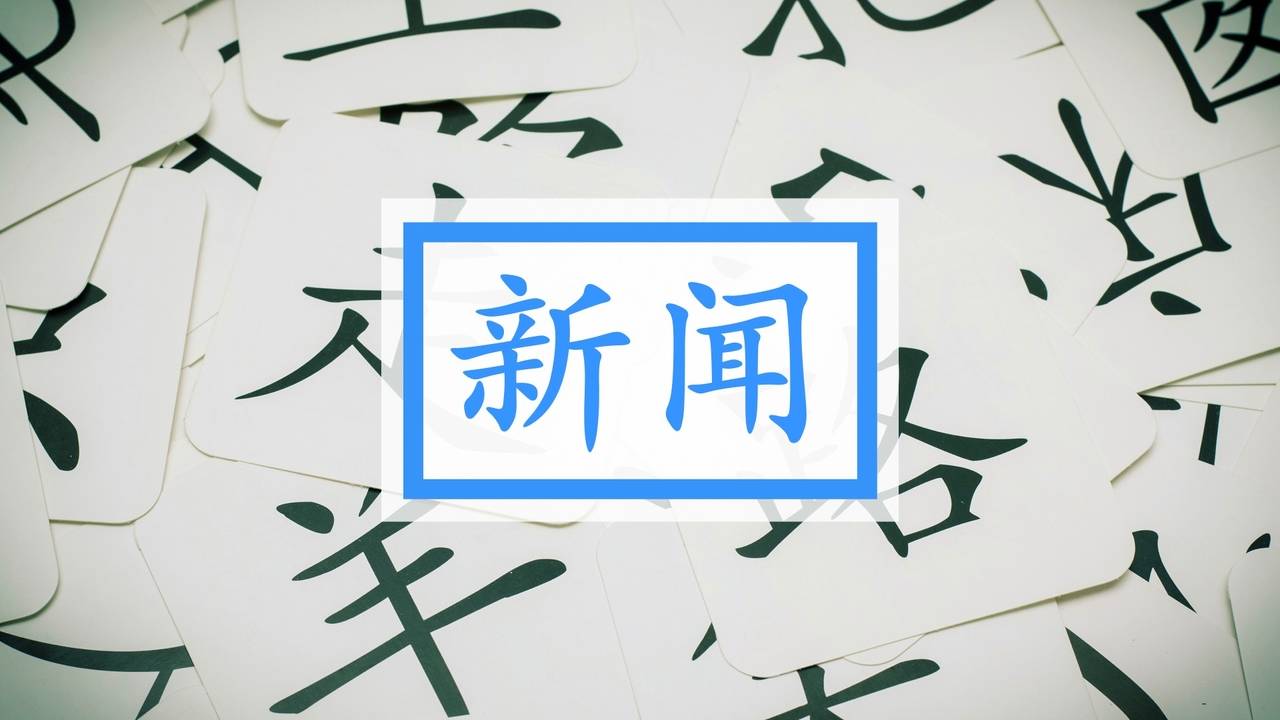
新闻 in Context
29
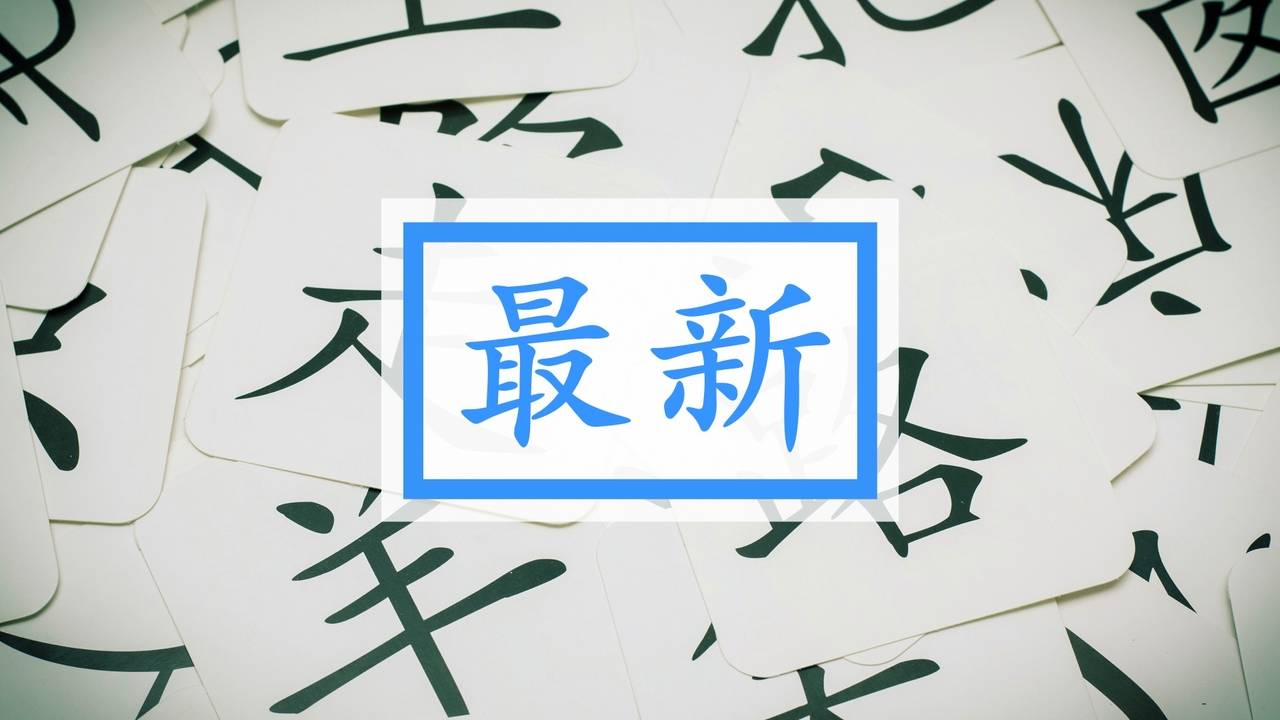
最新 in Context
30
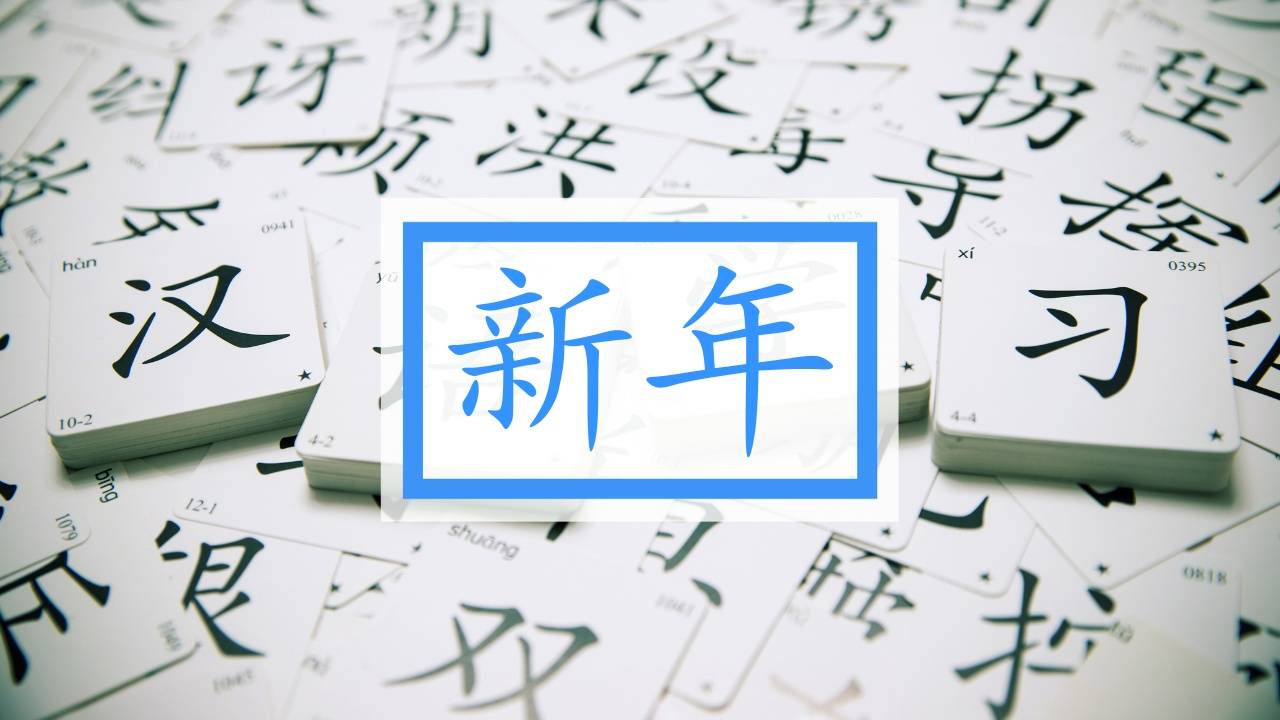
新年 in Context
31

杀 in Context
32
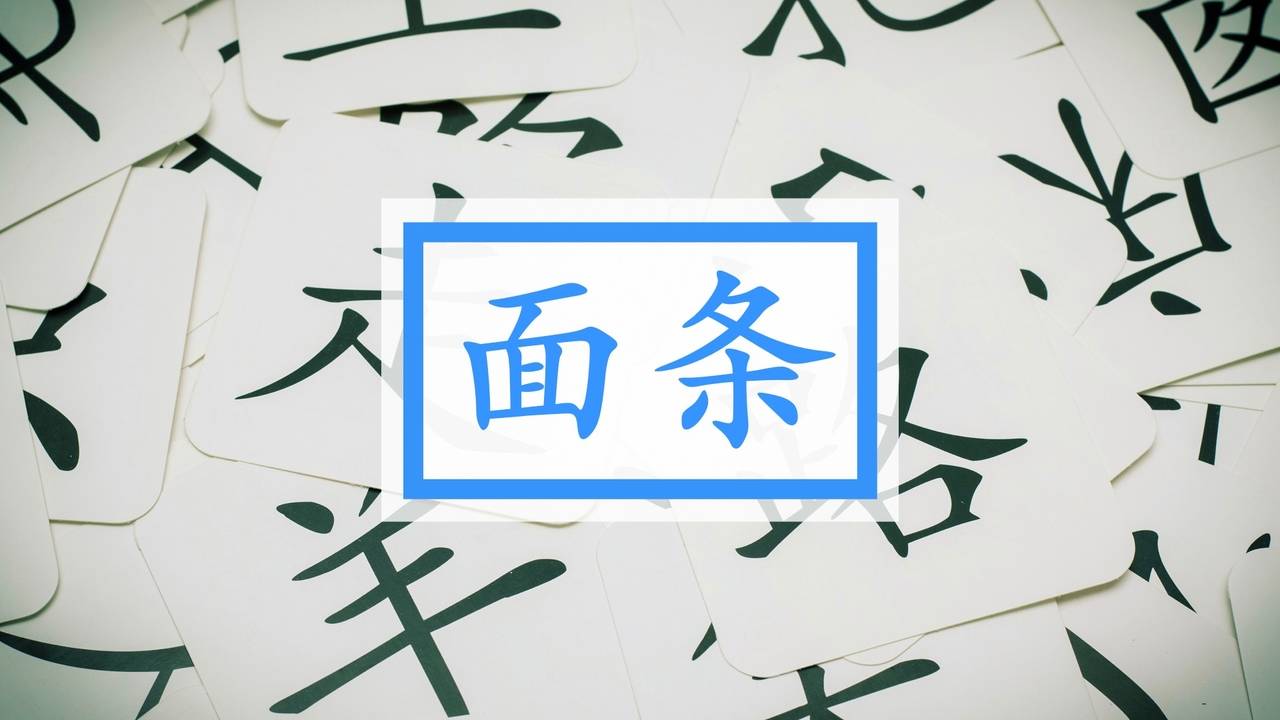
面条 in Context
33
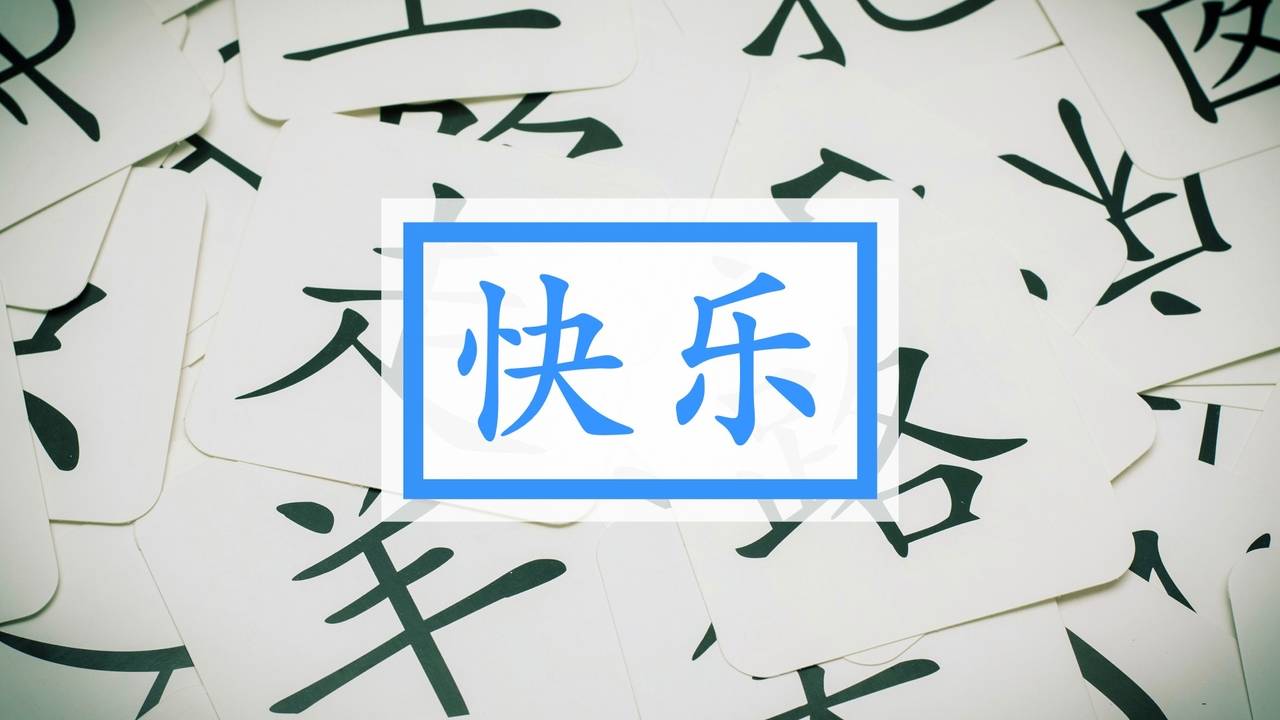
快乐 in Context
34

音乐 in Context
35
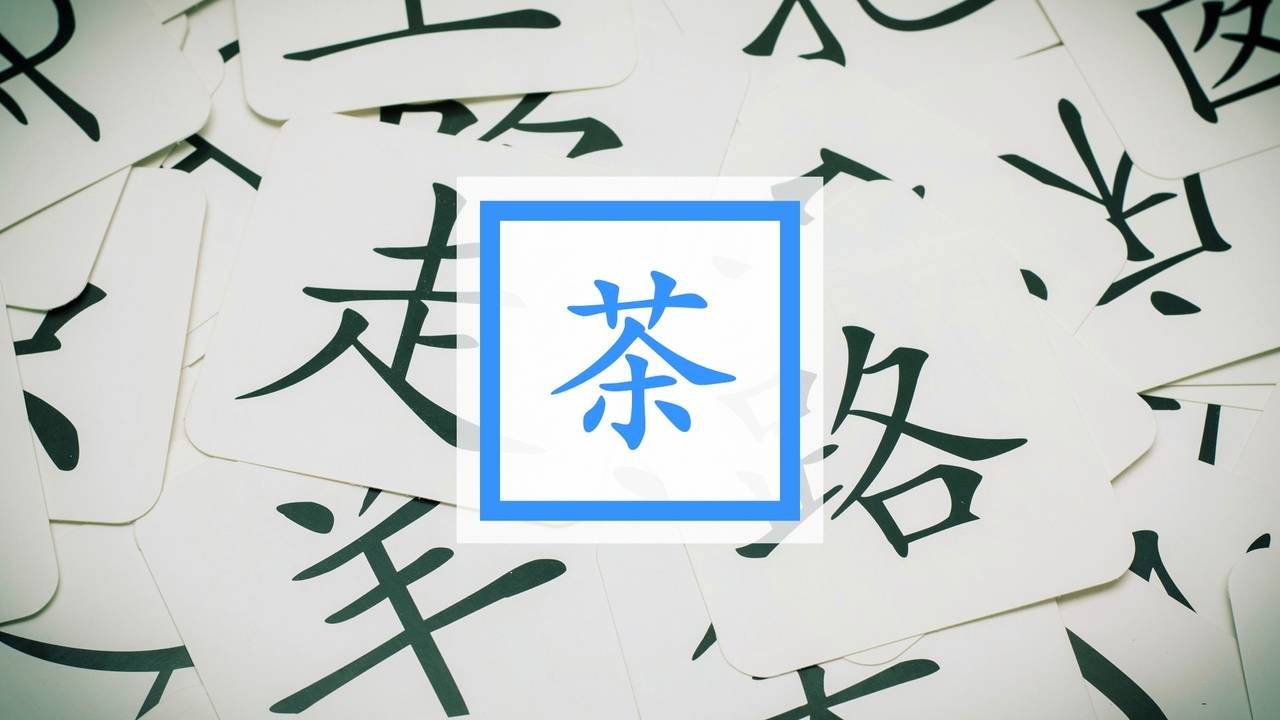
茶 in Context
36
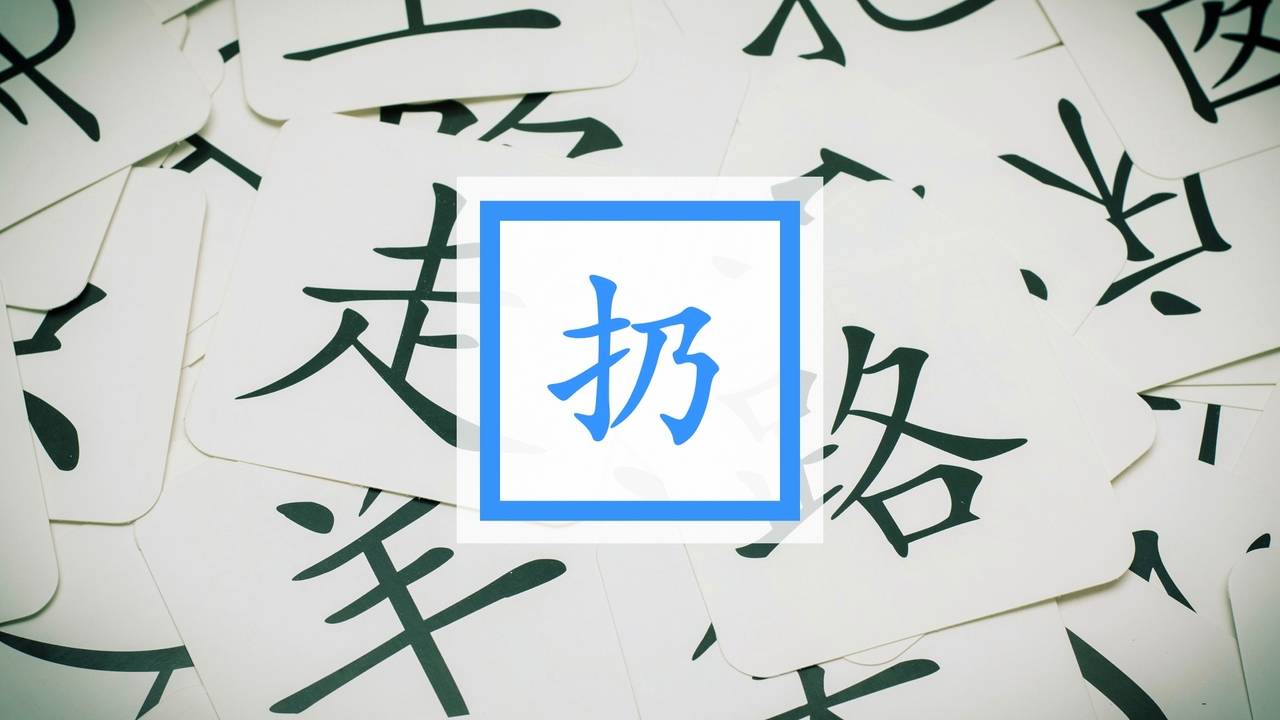
扔 in Context
37
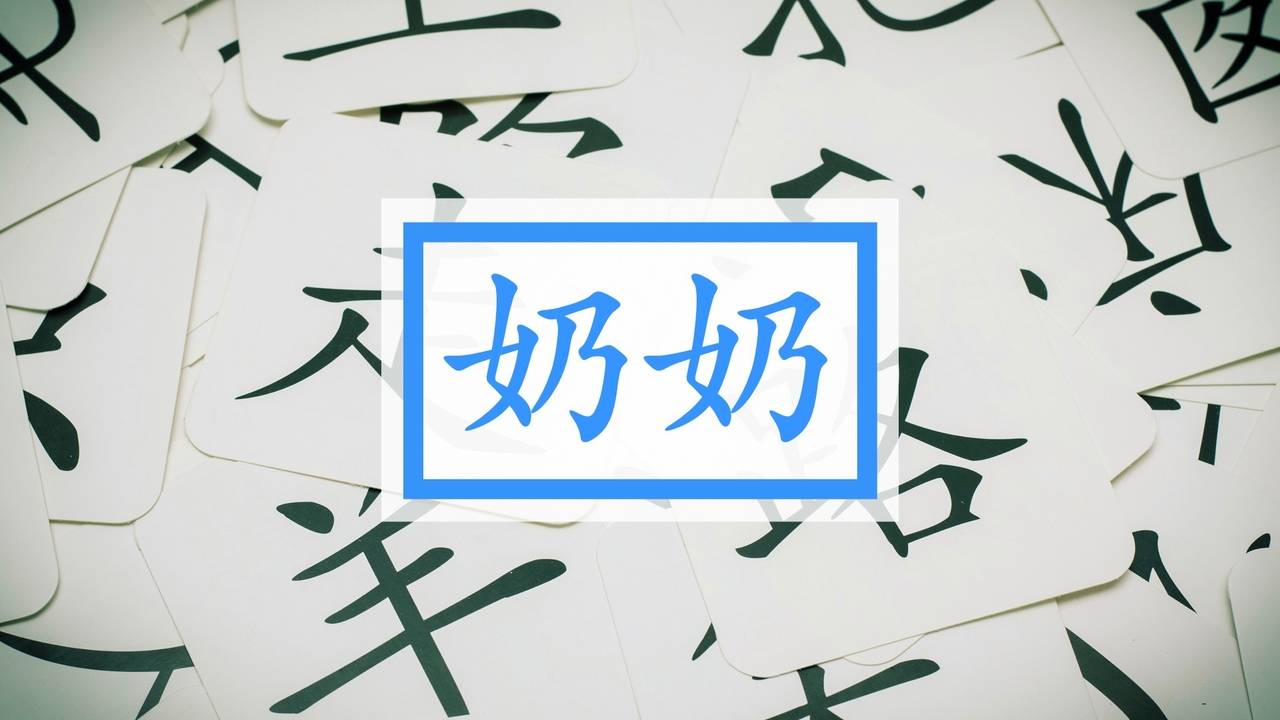
奶奶 in Context
38
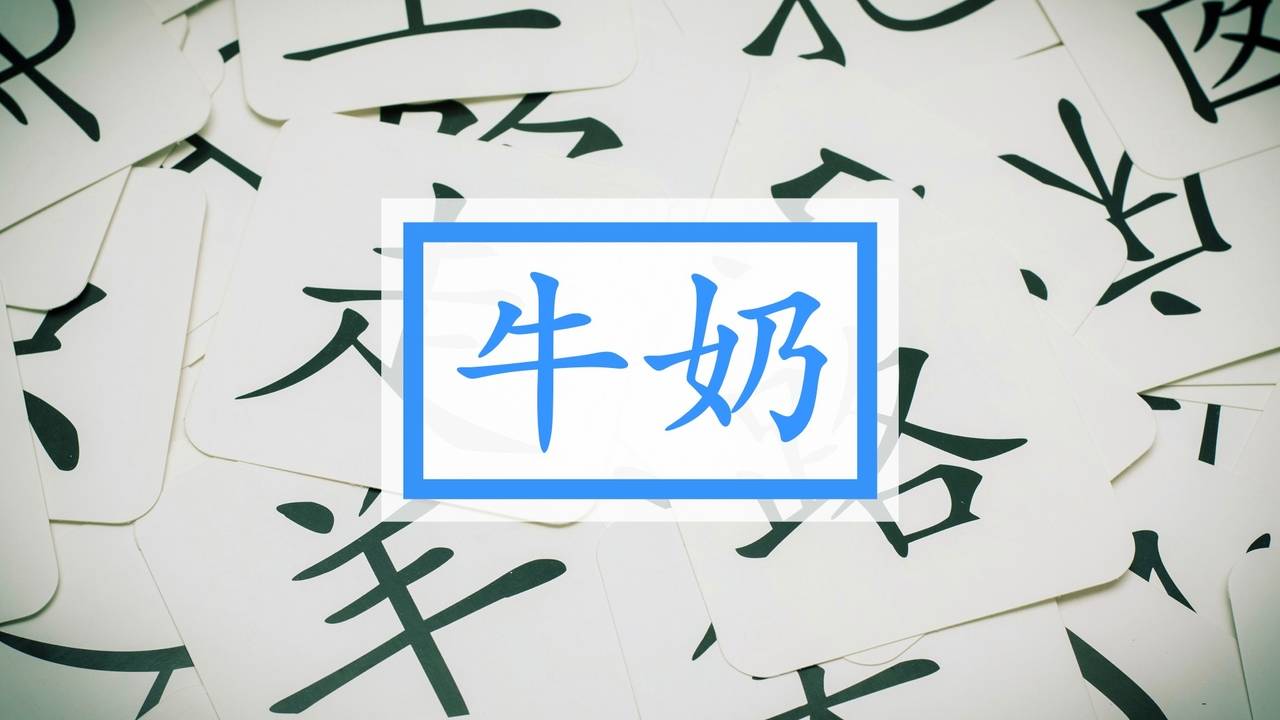
牛奶 in Context
39
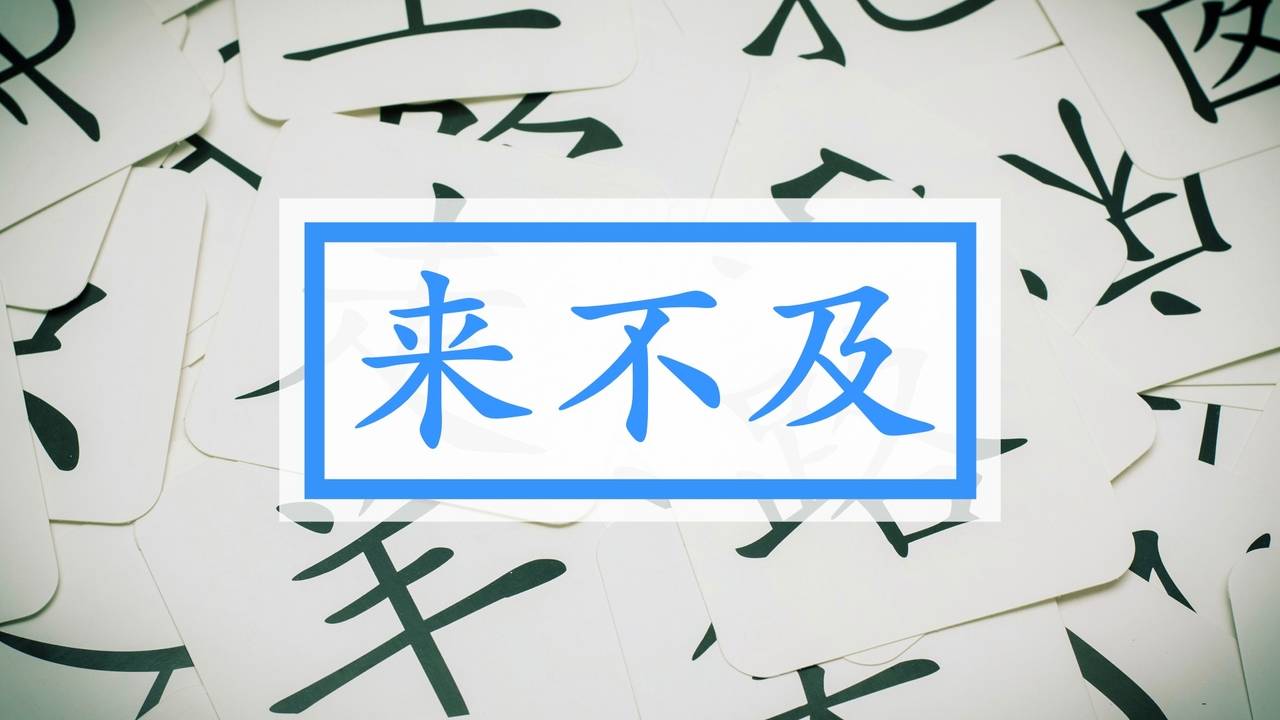
来不及 in Context
40
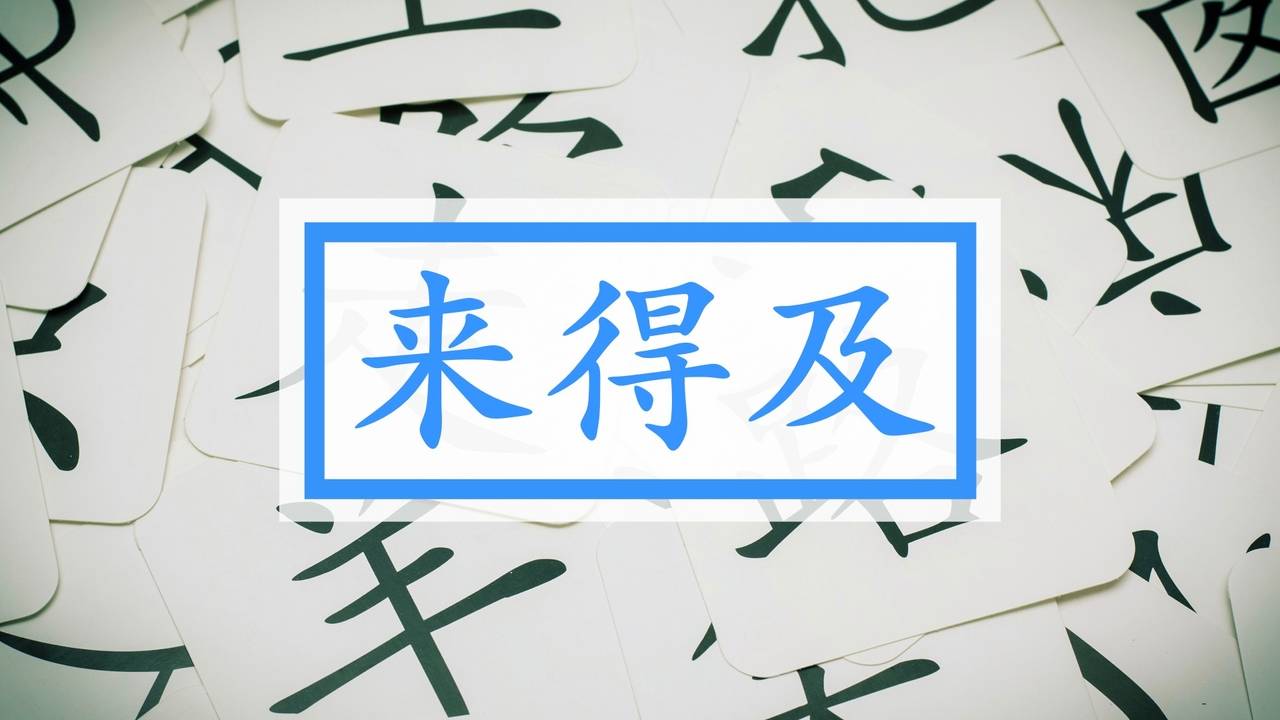
来得及 in Context
41
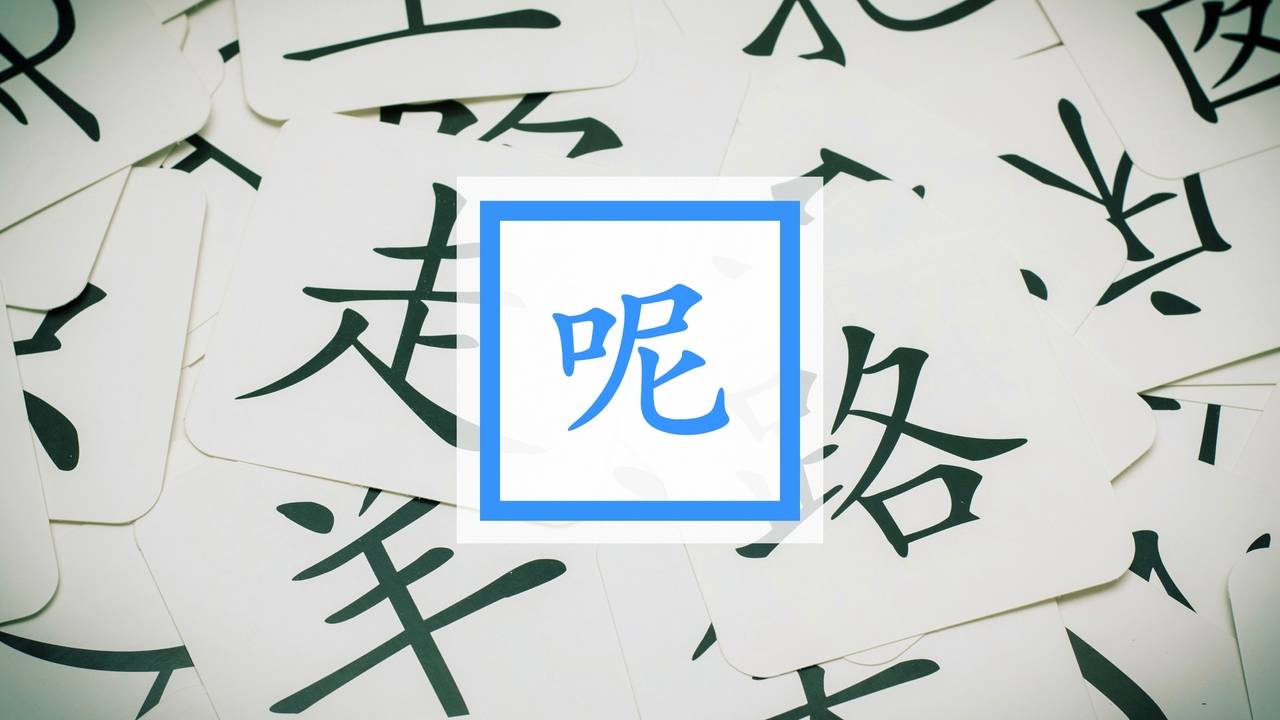
呢 in Context
42
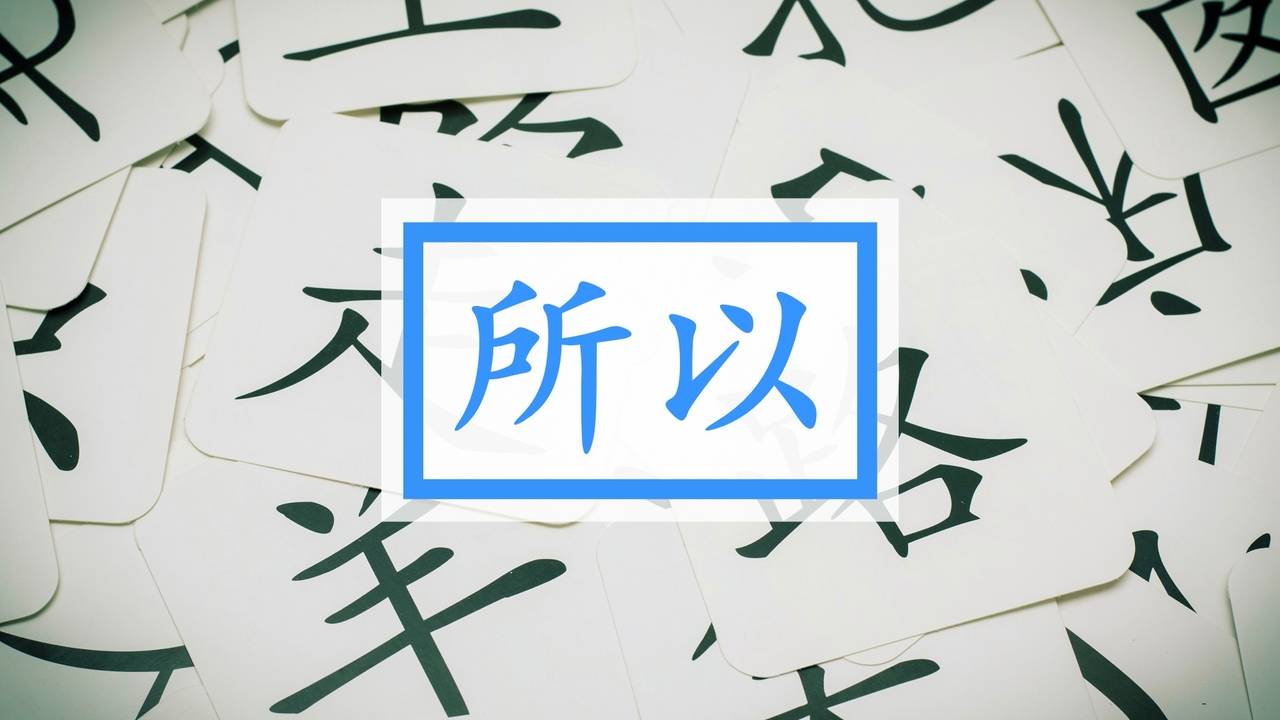
所以 in Context
43
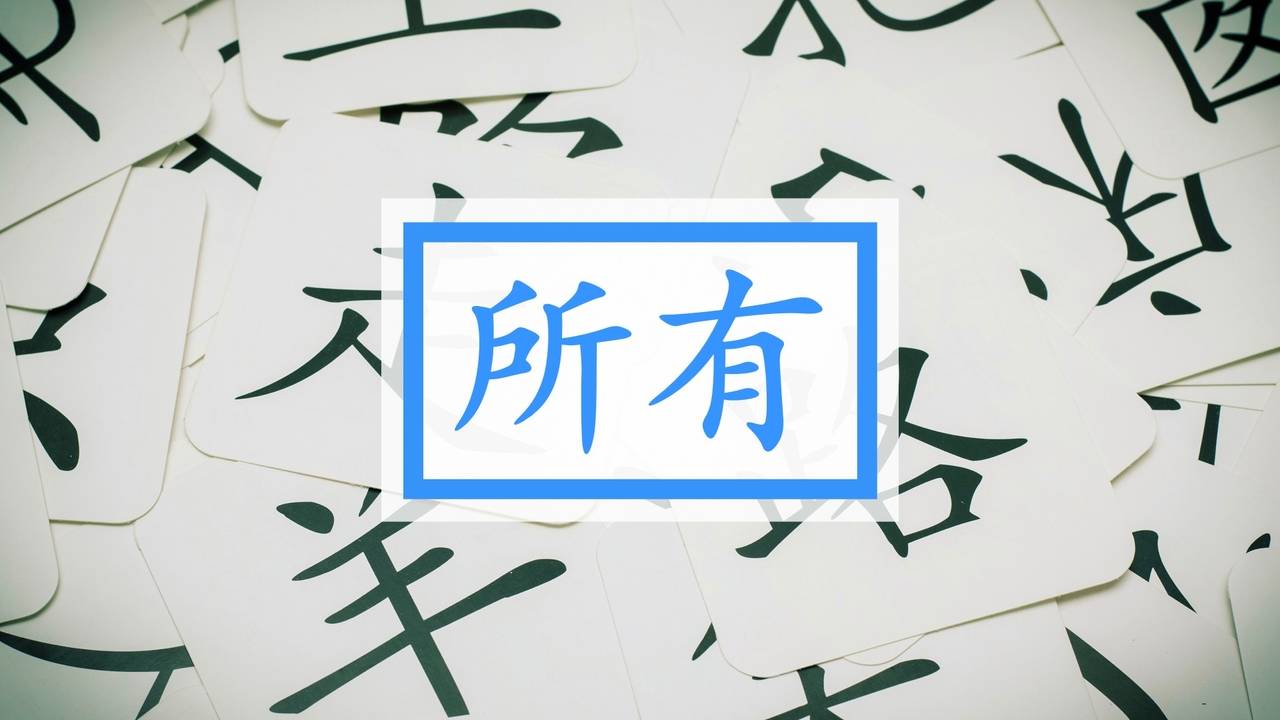
所有 in Context
44
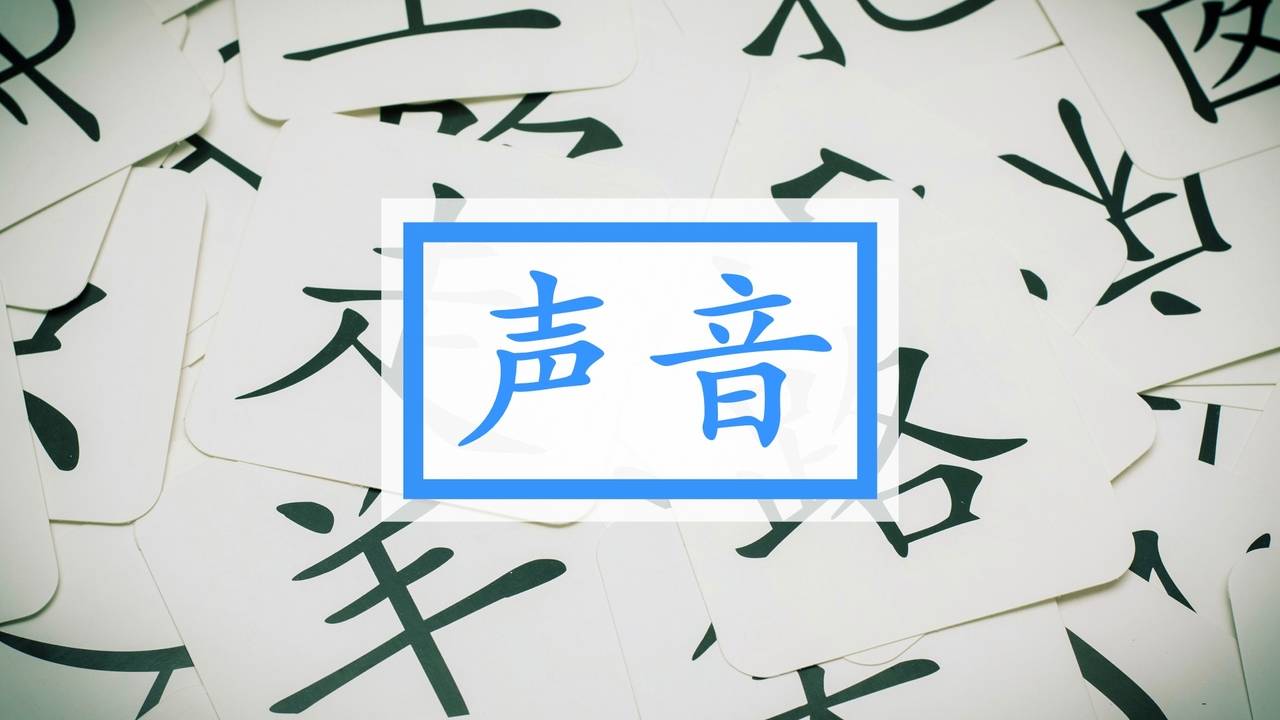
声音 in Context
Next Character
拉肚子 in Context
CONGRATULATIONS!
A NEW WORD HAS BEEN UNLOCKED
拉肚子
Usage 1 - "to have diarrhea":
Sentence
我中午肚子不舒服,拉肚子了。
English
At noon I had an upset stomach. I had diarrhea.
Top-Down Words:
舒服 shūfu - comfortable, pleasant
Need a Reminder?
The Six Steps to Learning Words



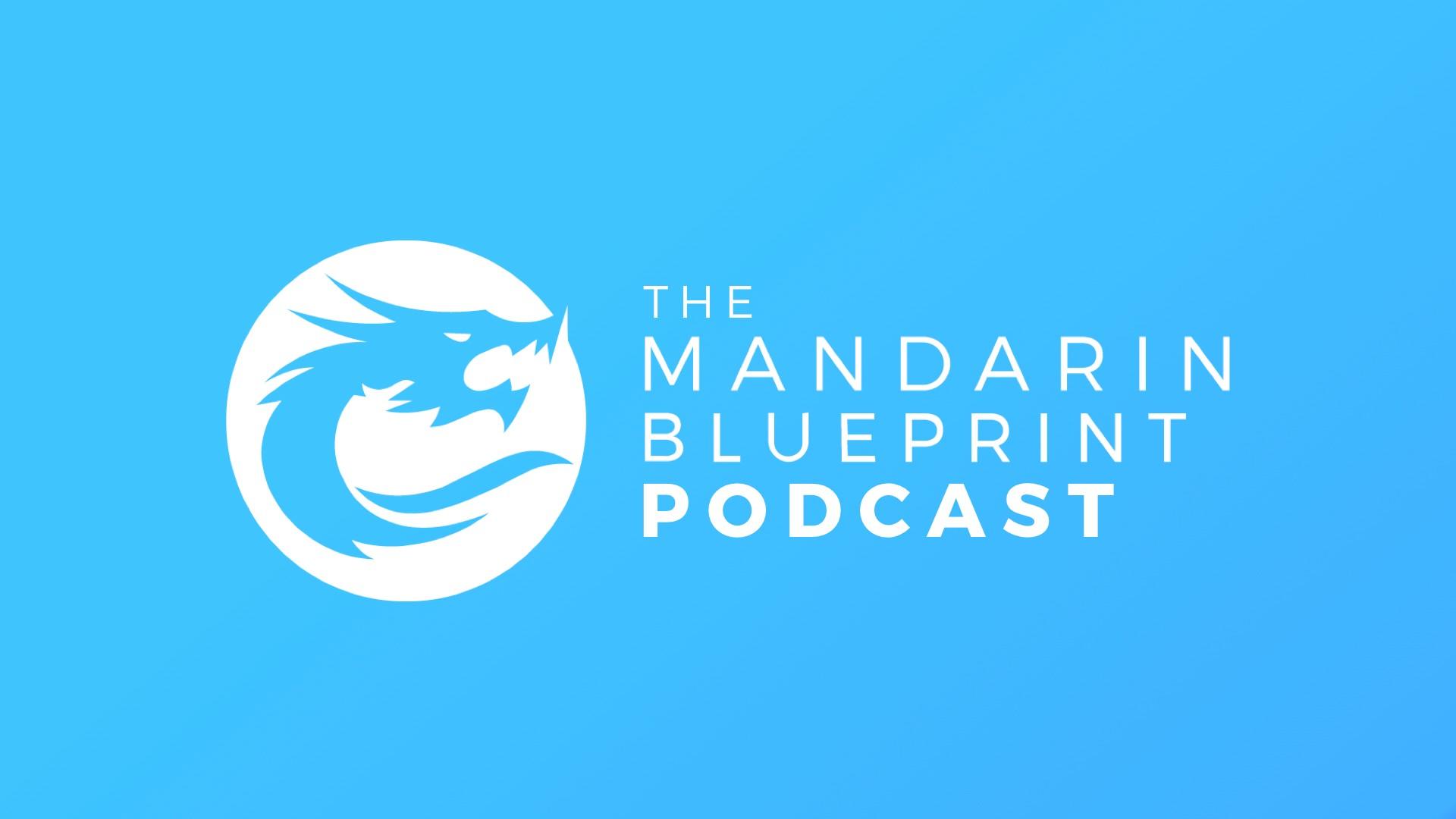

Jason Pon
Simple question but is 在 optional when expressing 'at noon' (position in time), since I do not see it here.
Could you also say 我在中午肚子不舒服
Mandarin Blueprint
No, it makes more sense without the 在. 在 is used more often for past events that are further in the past, e.g.
我在两年以前开始学中文。
Wǒ zài liǎngnián yǐqián kāishǐ xué Zhōngwén.
I began to learn Chinese two years ago.
MB Team
This is where Luke and Phil talked about your question in the Mandarin Blueprint Podcast:https://www.youtube.com/watch?v=gVMPOQ1mG4g&t=2046s